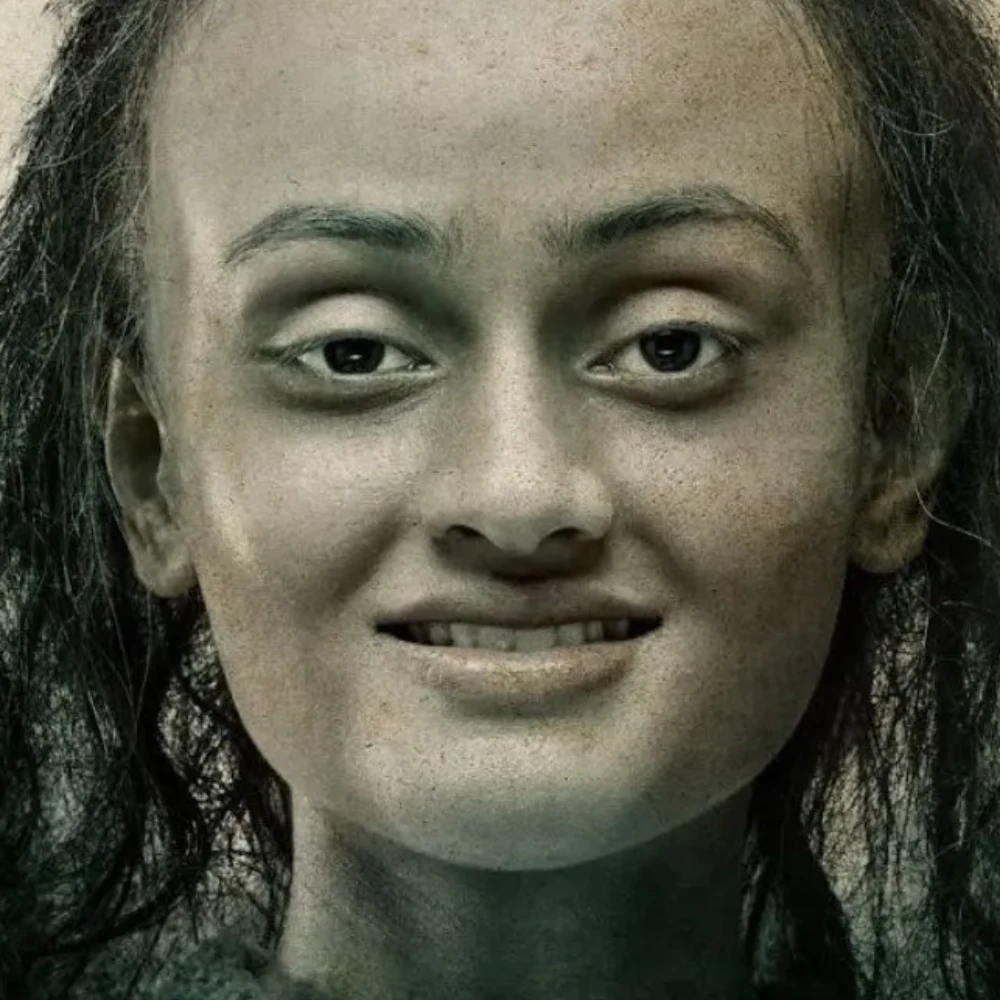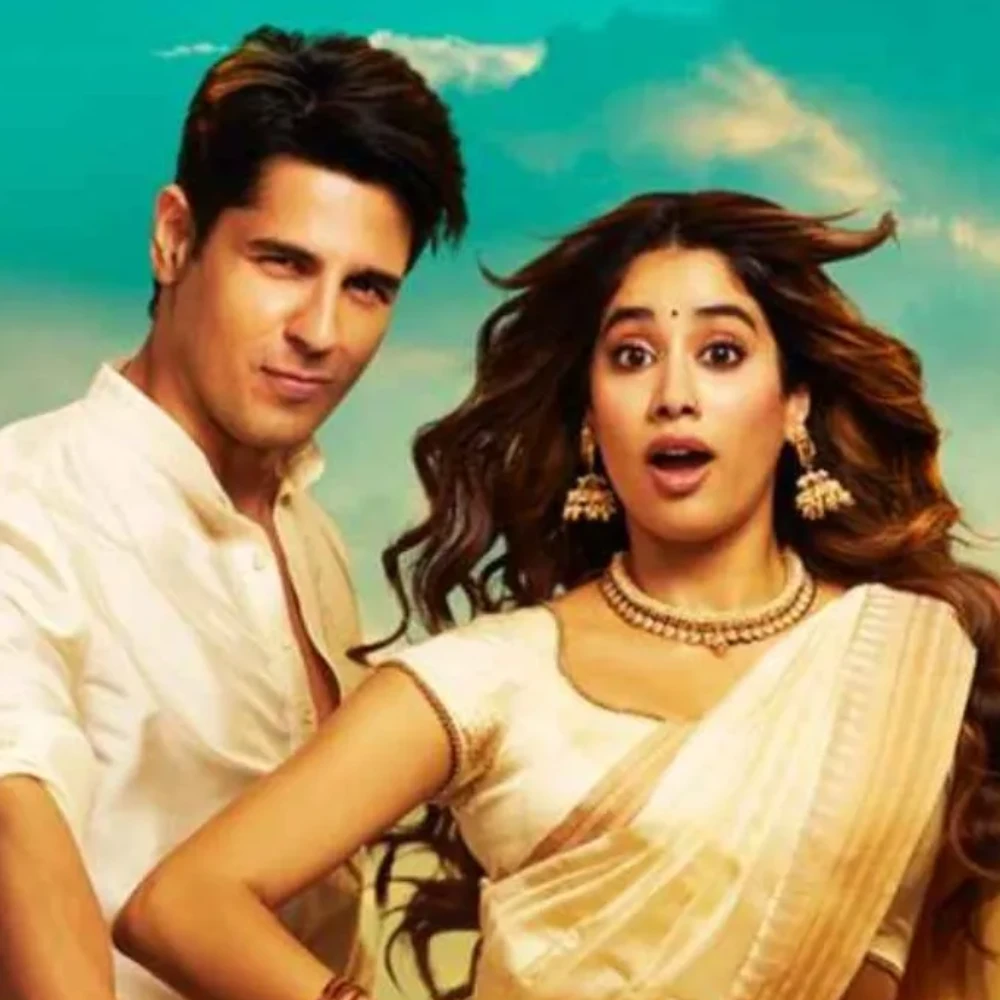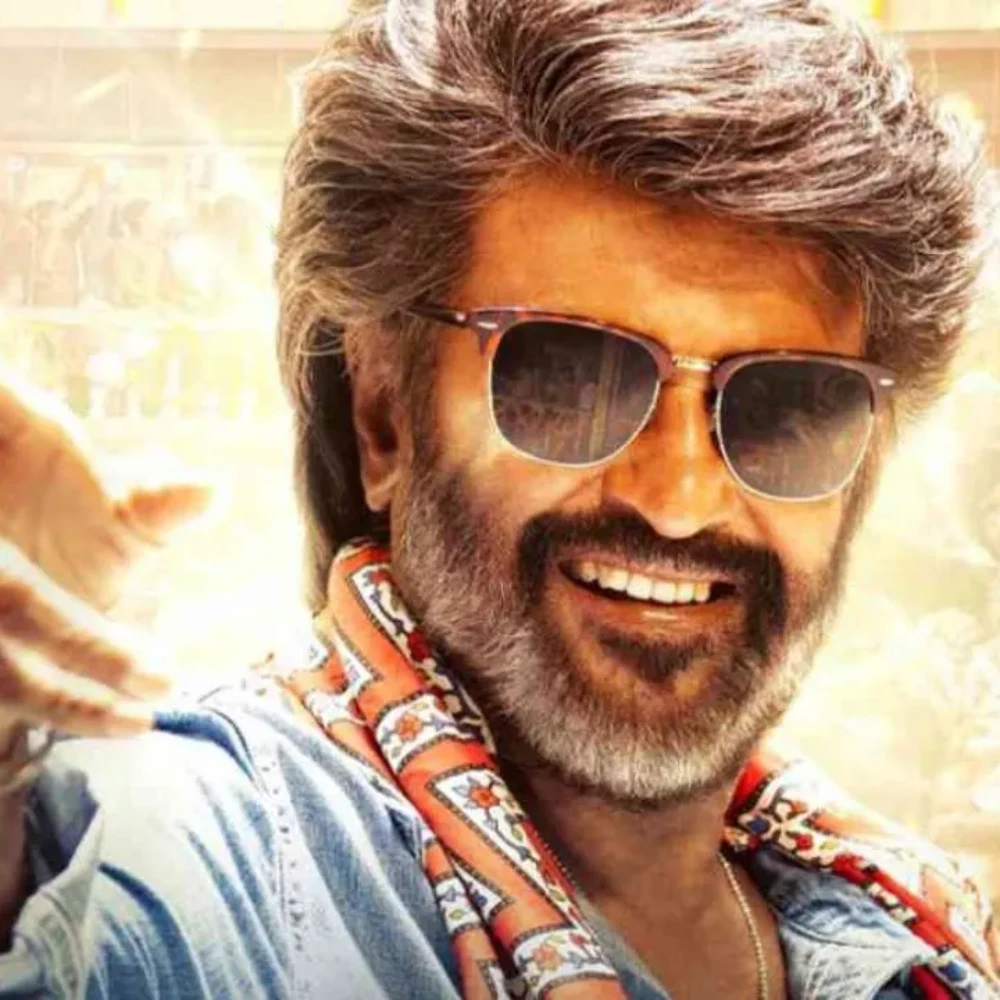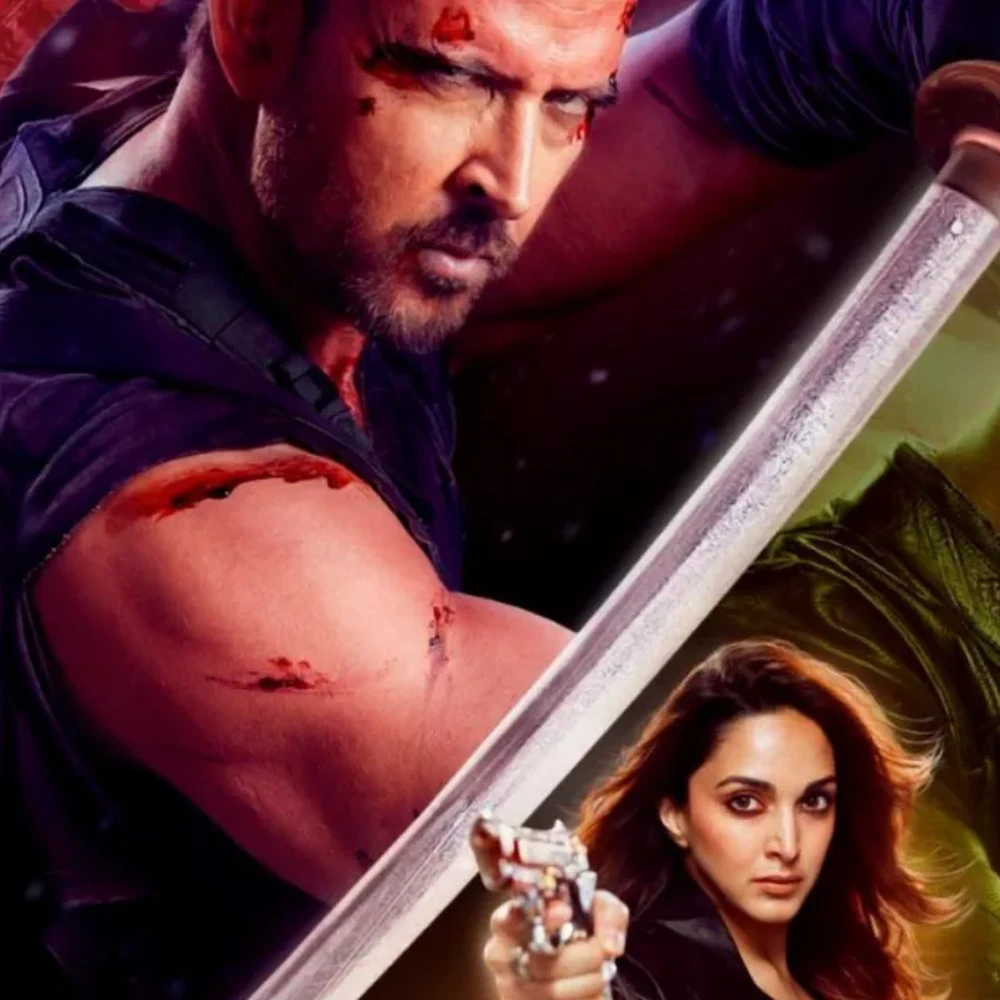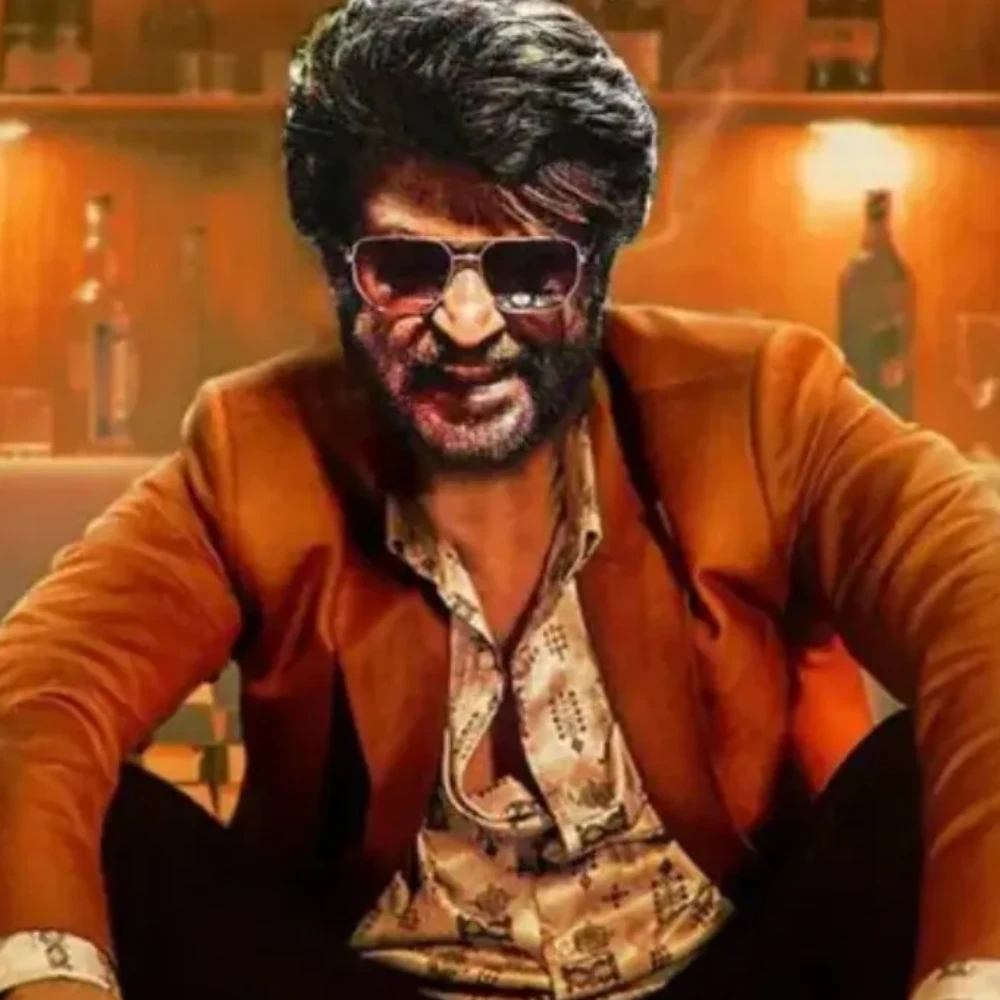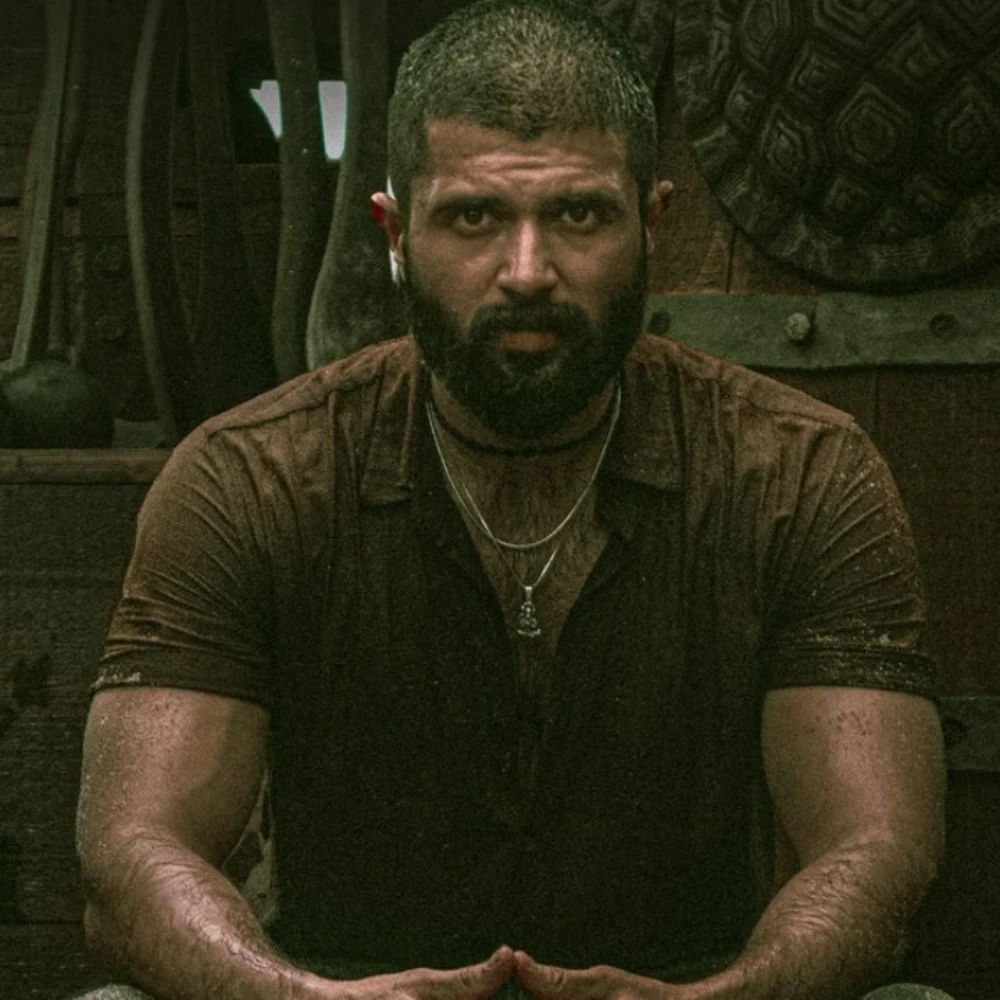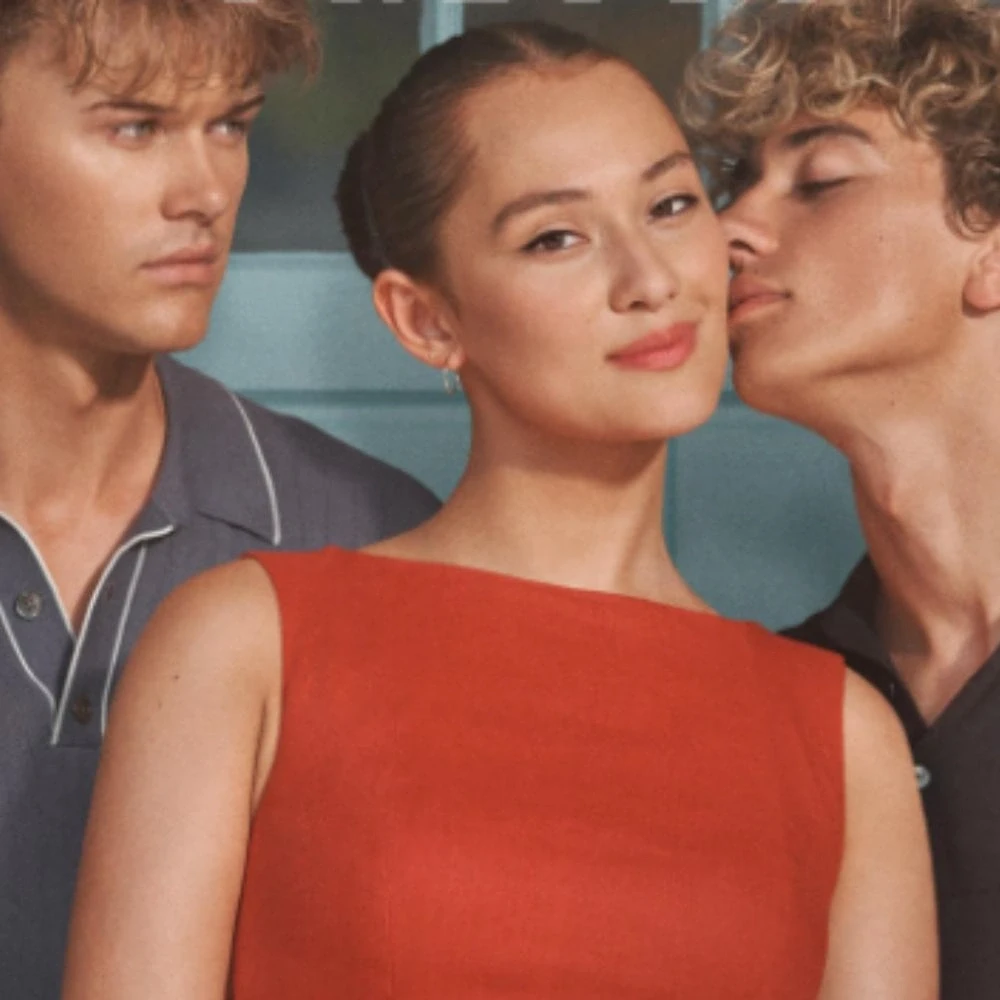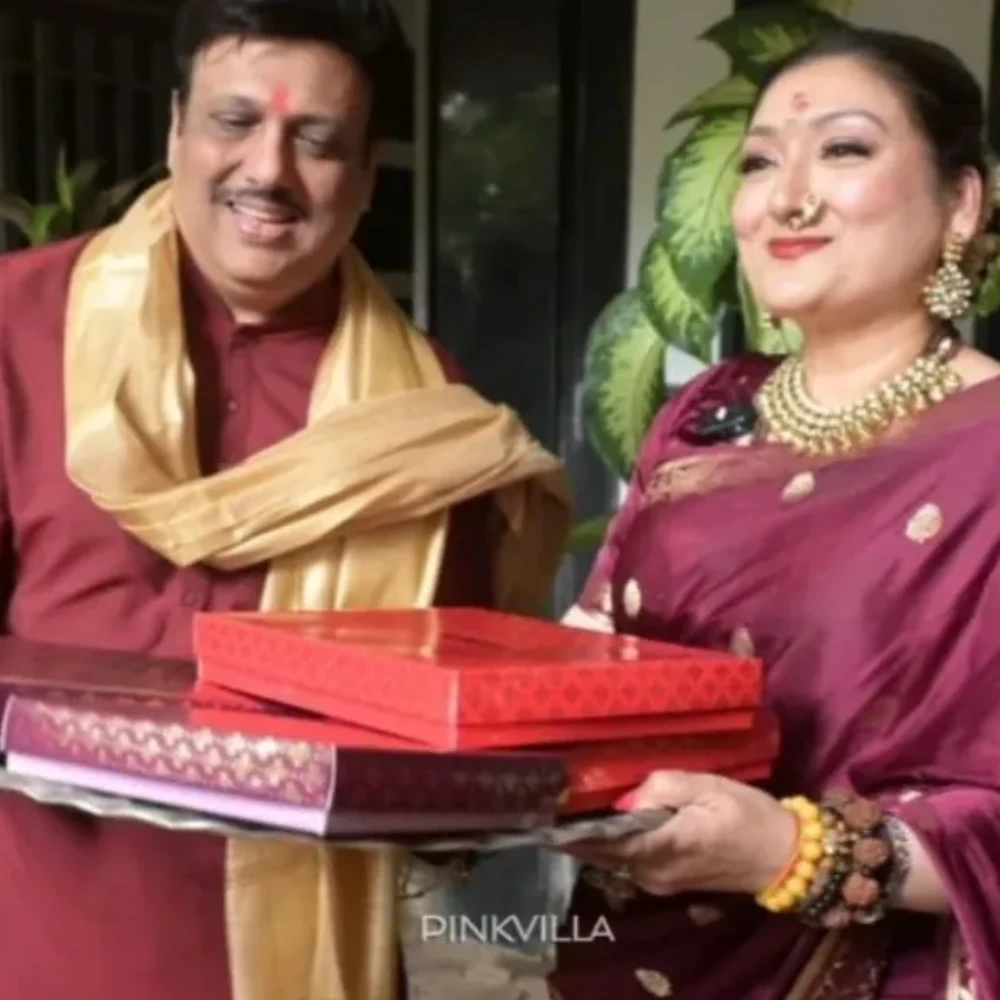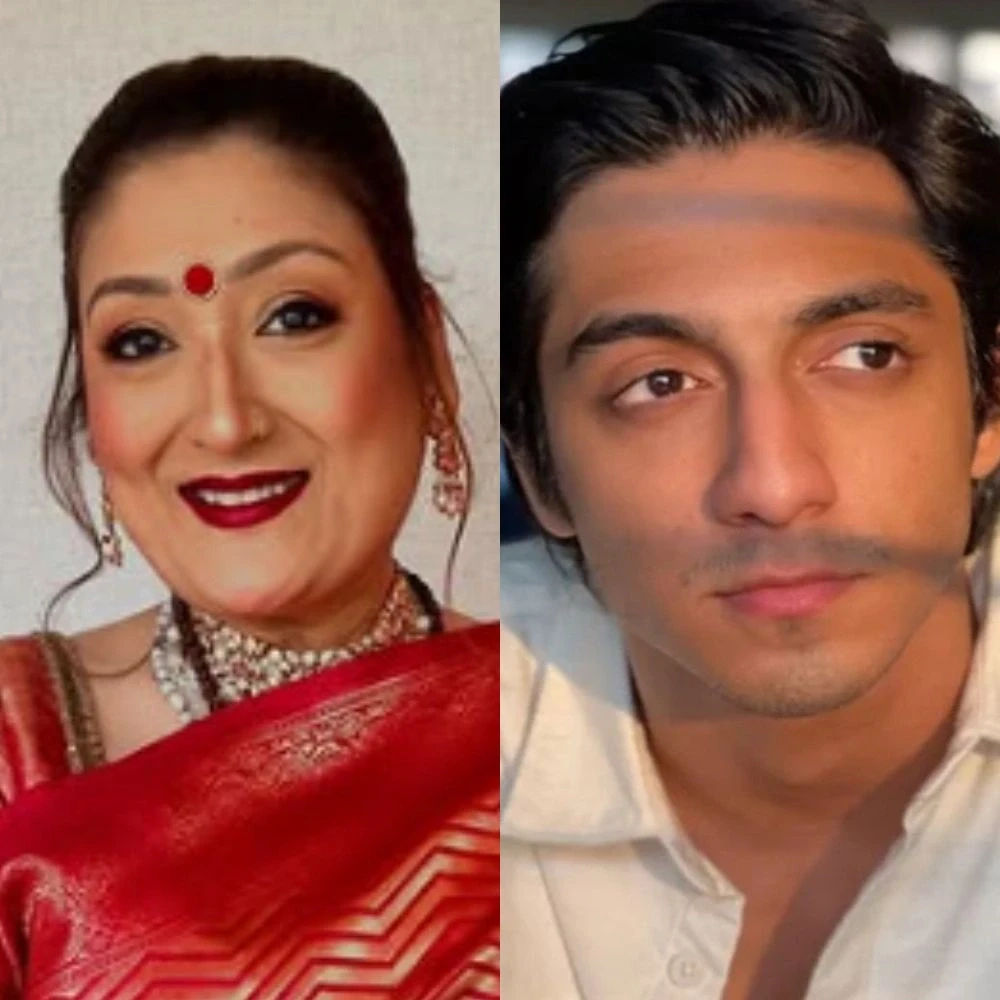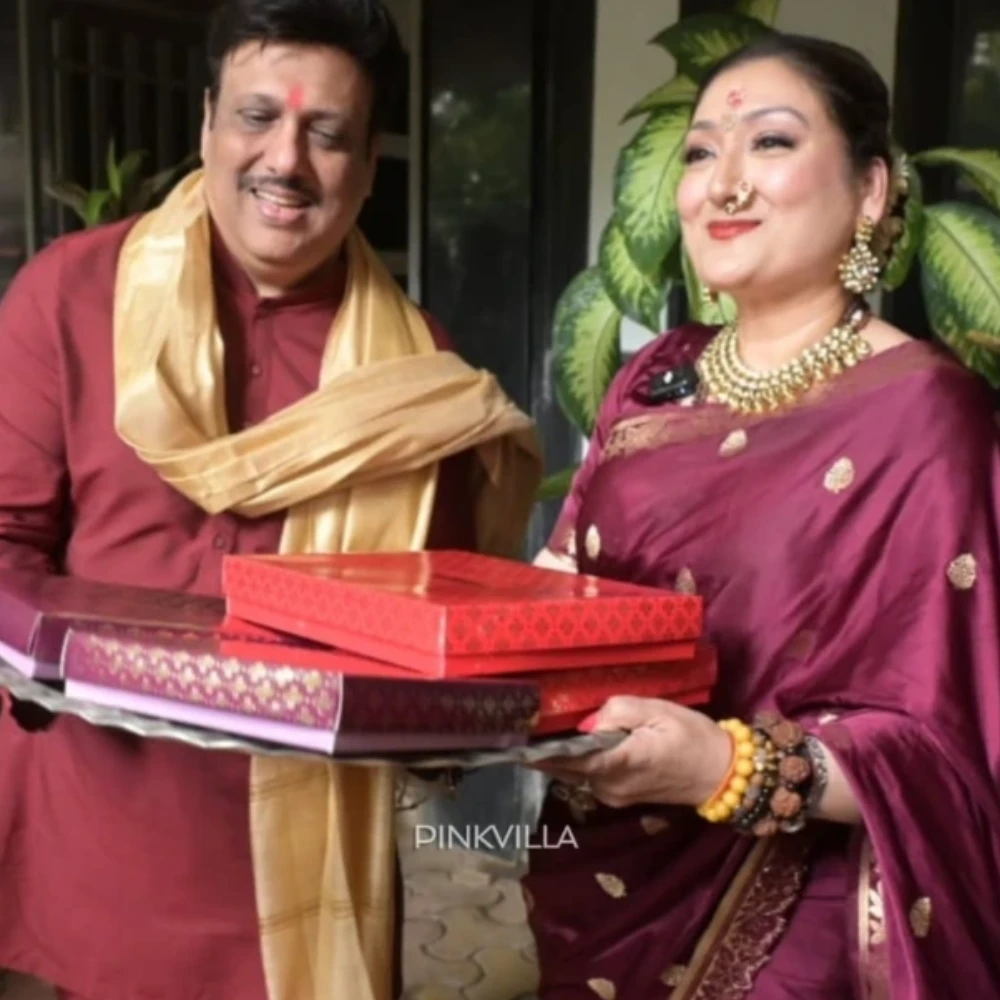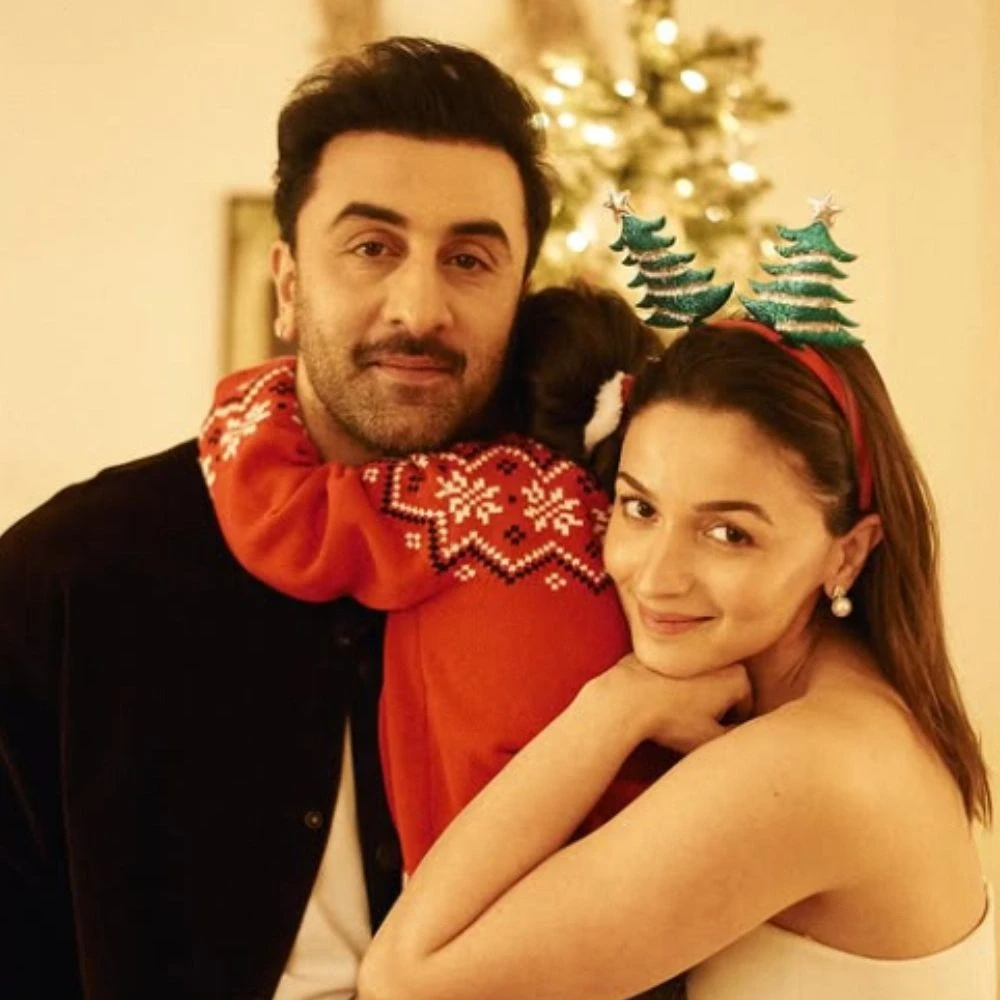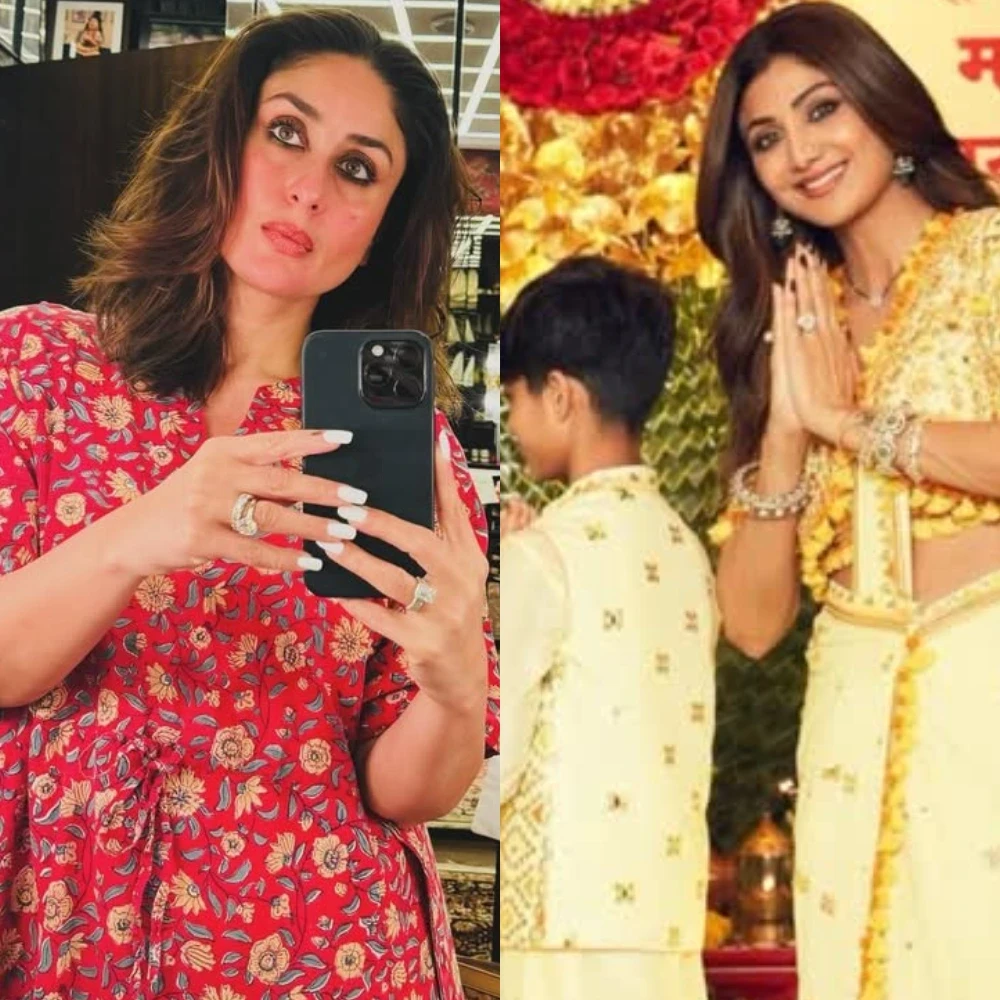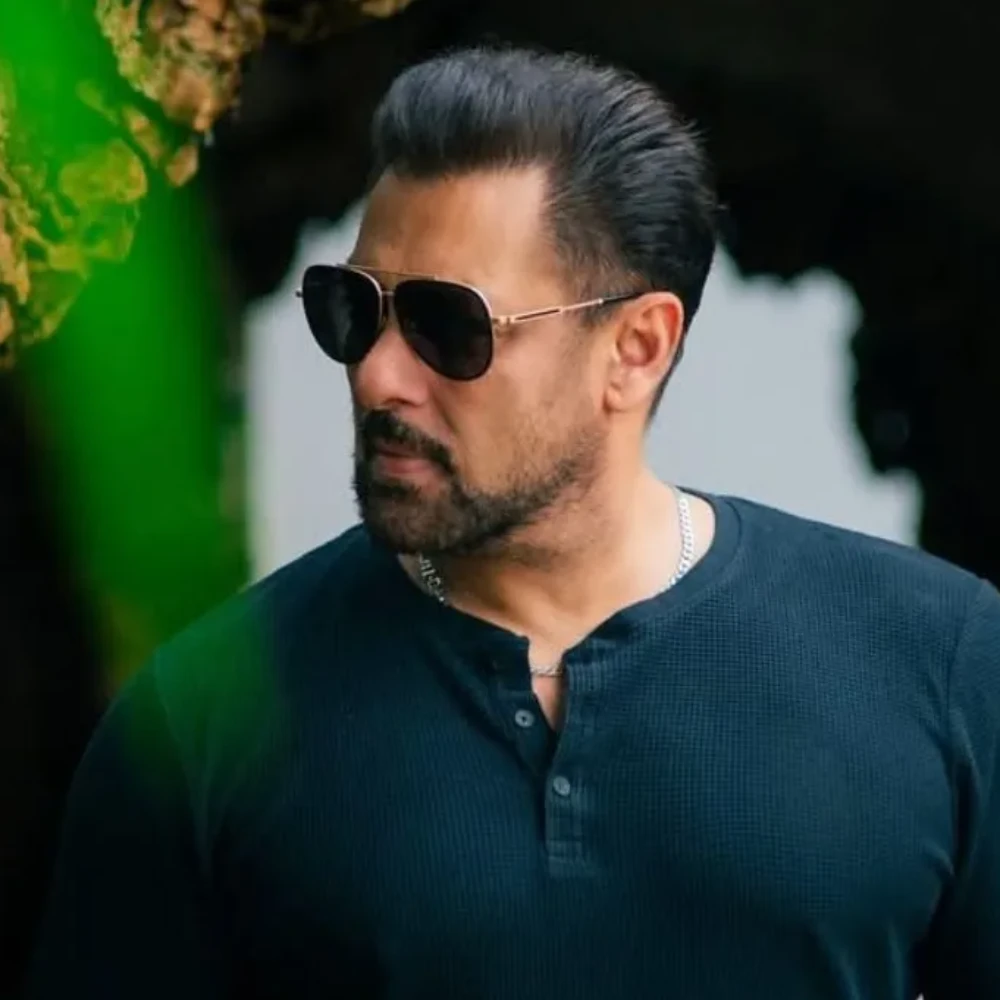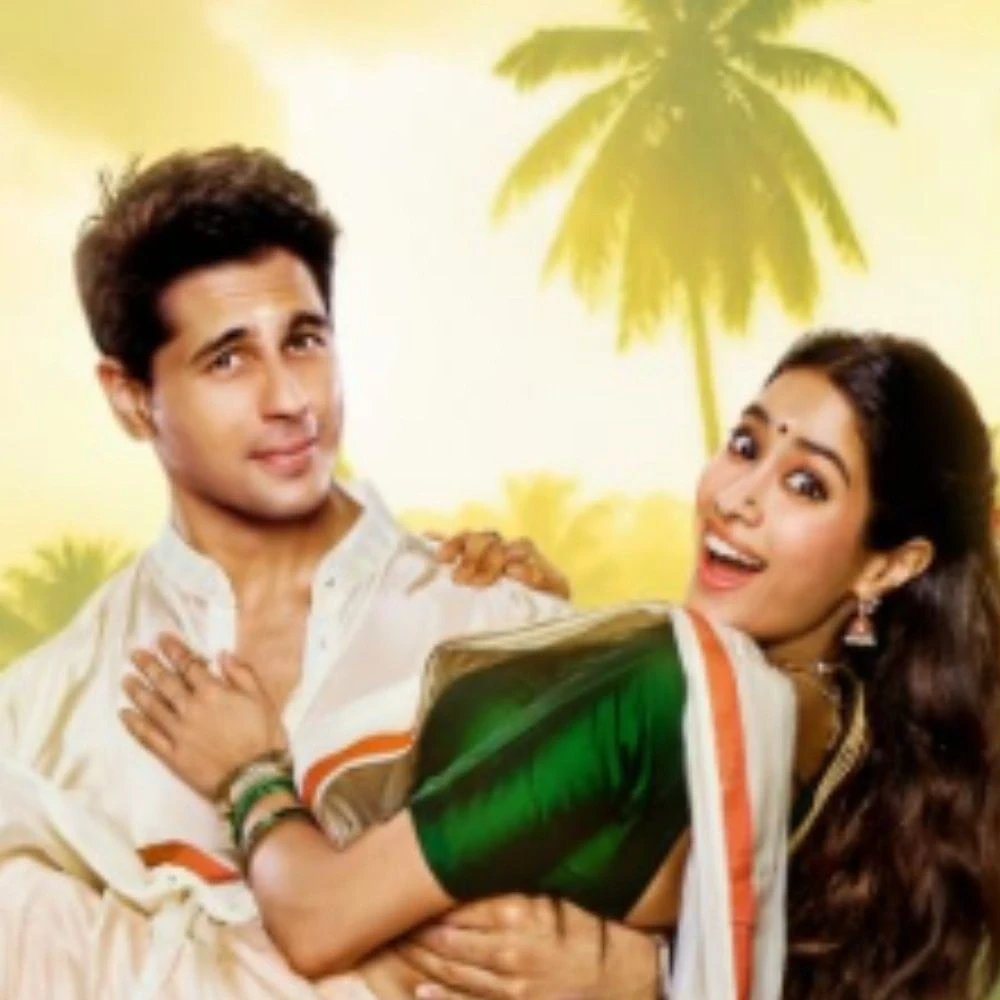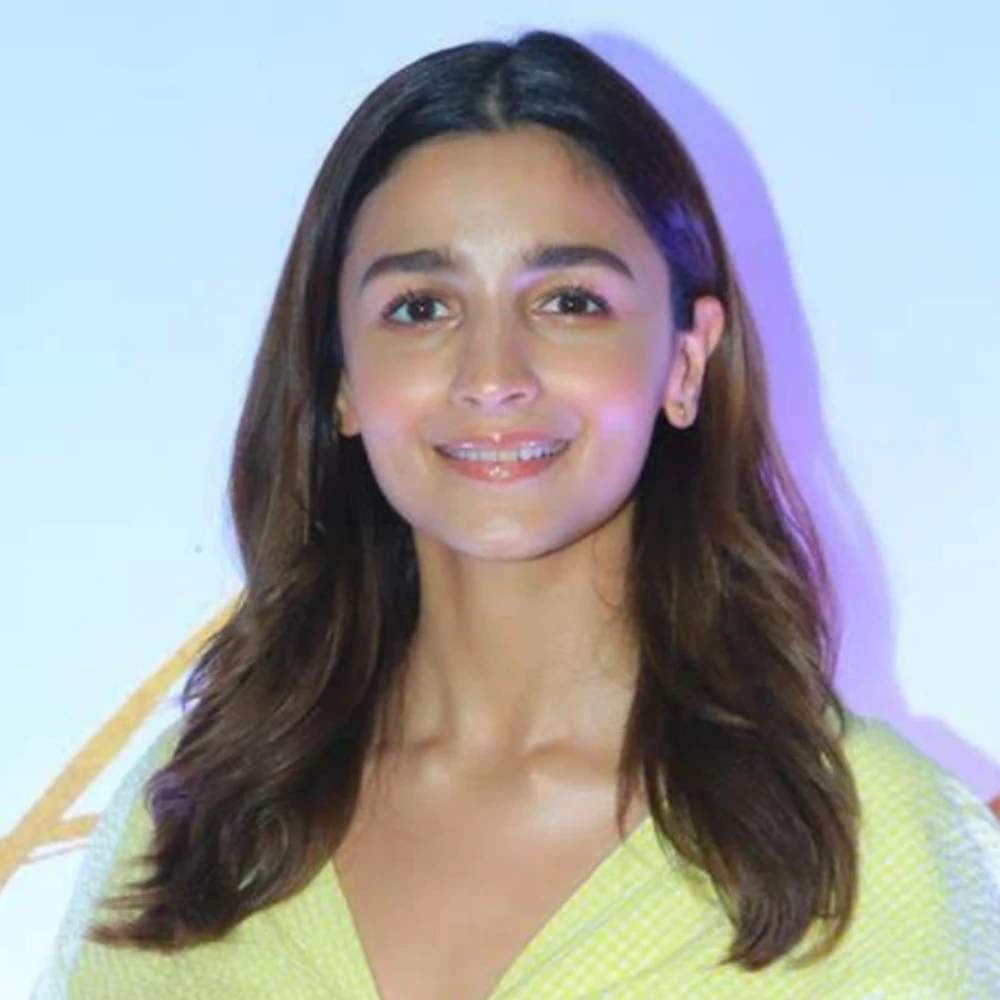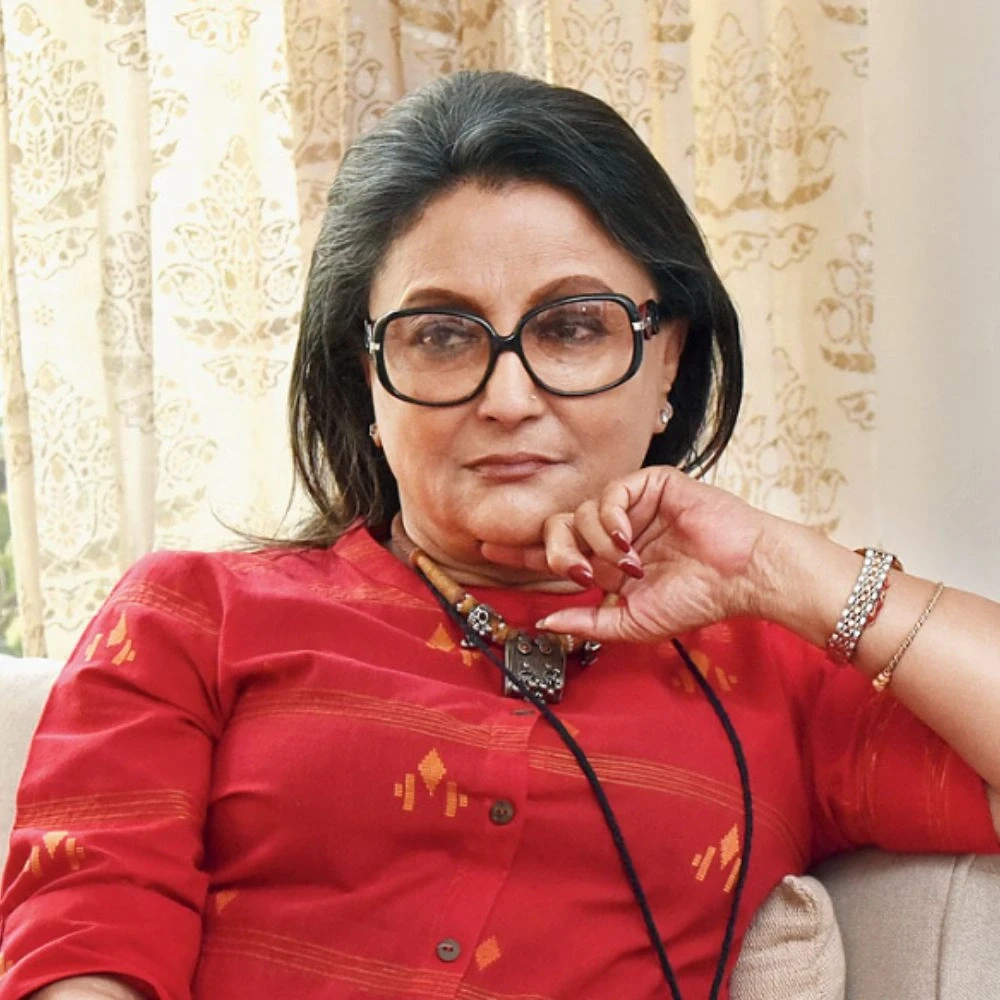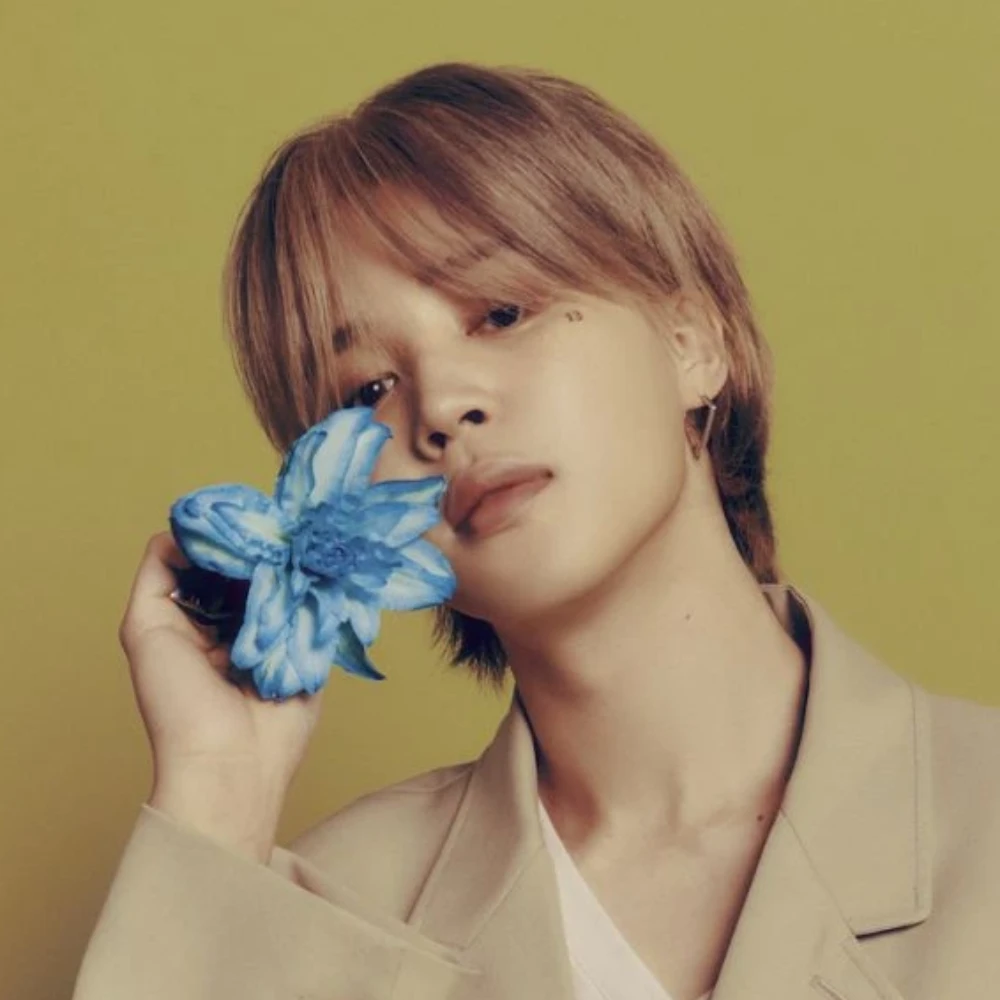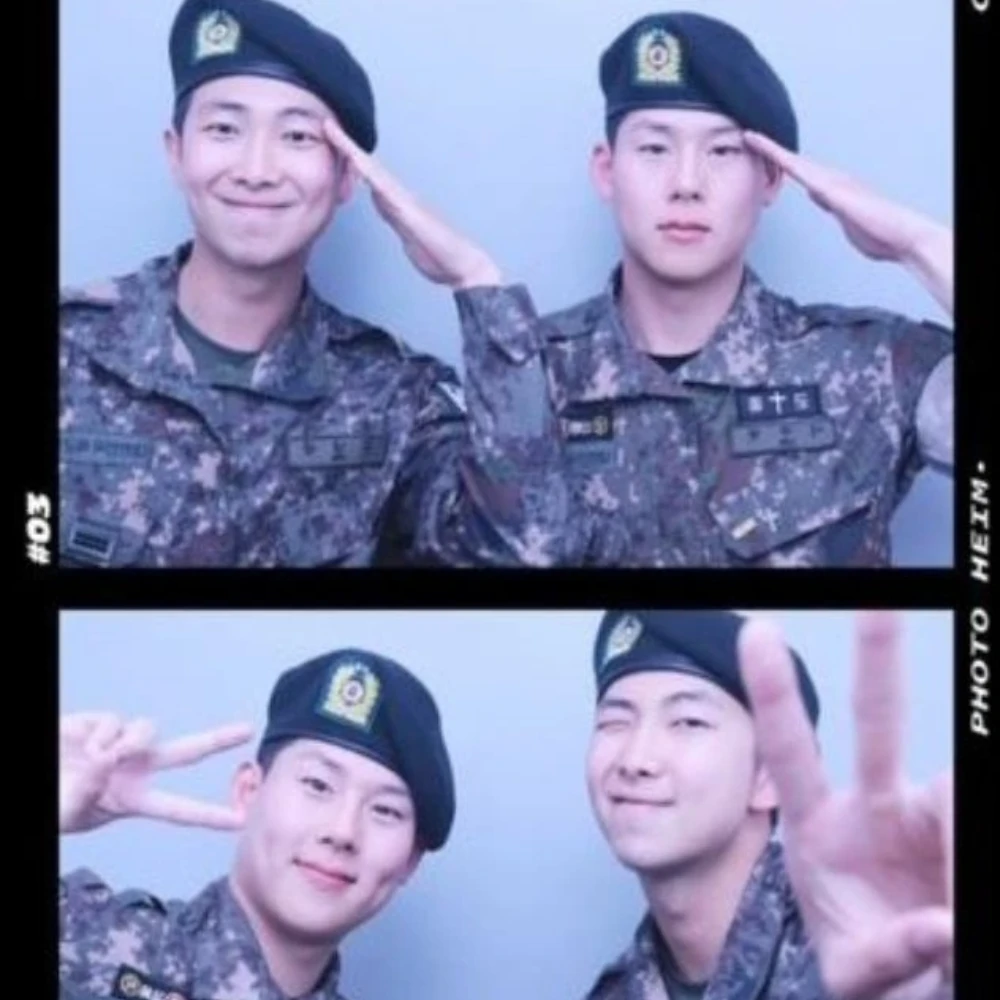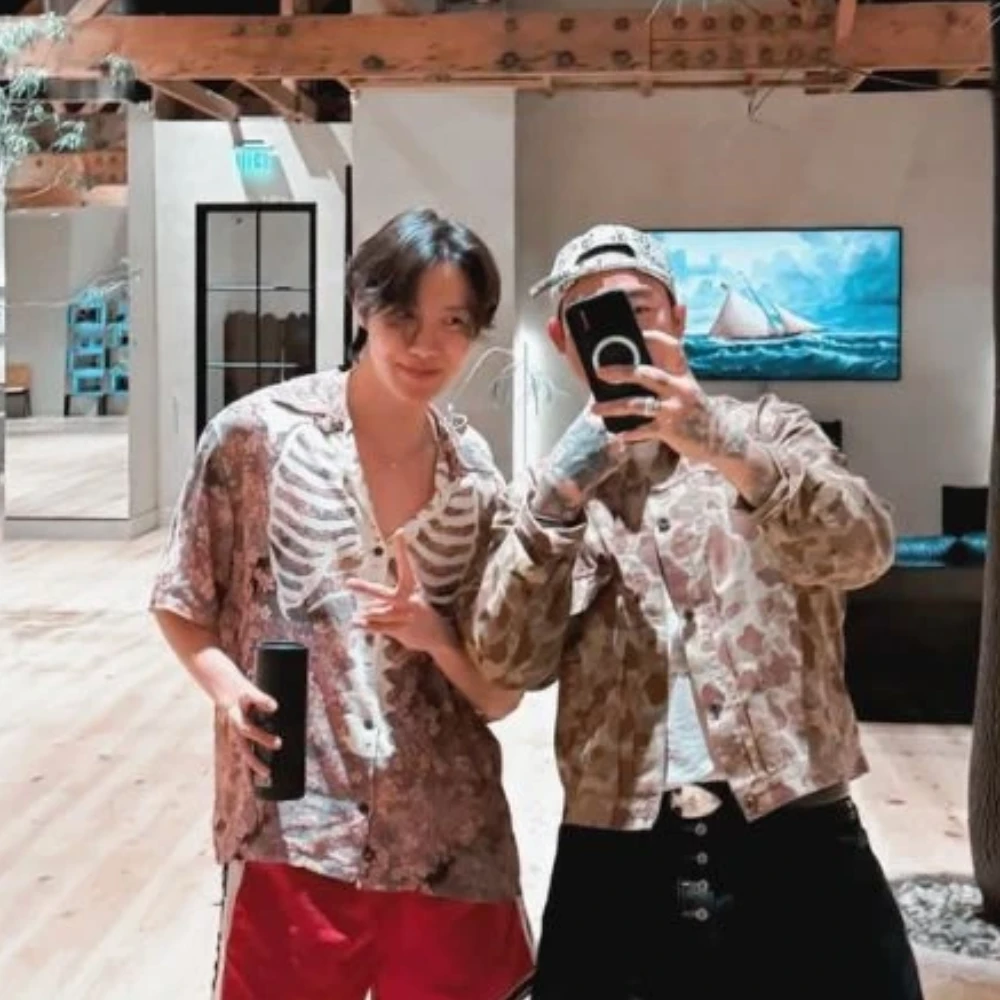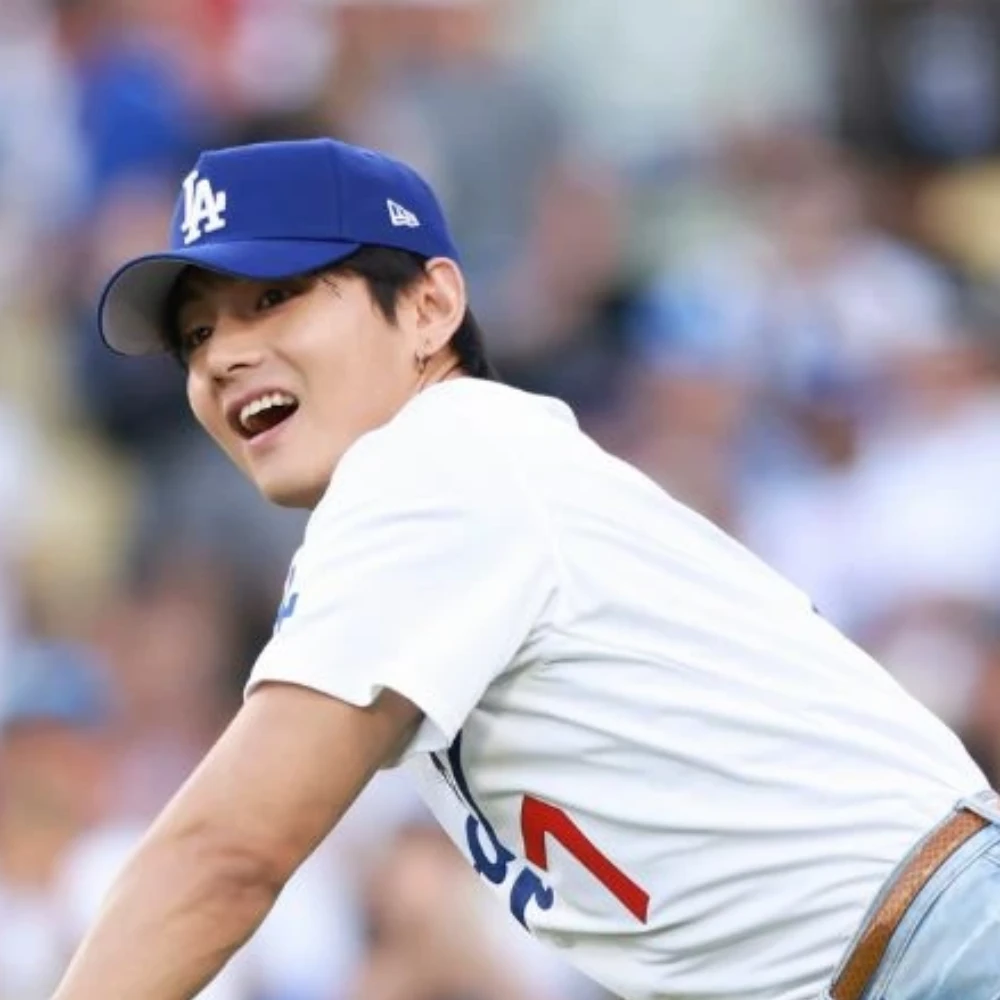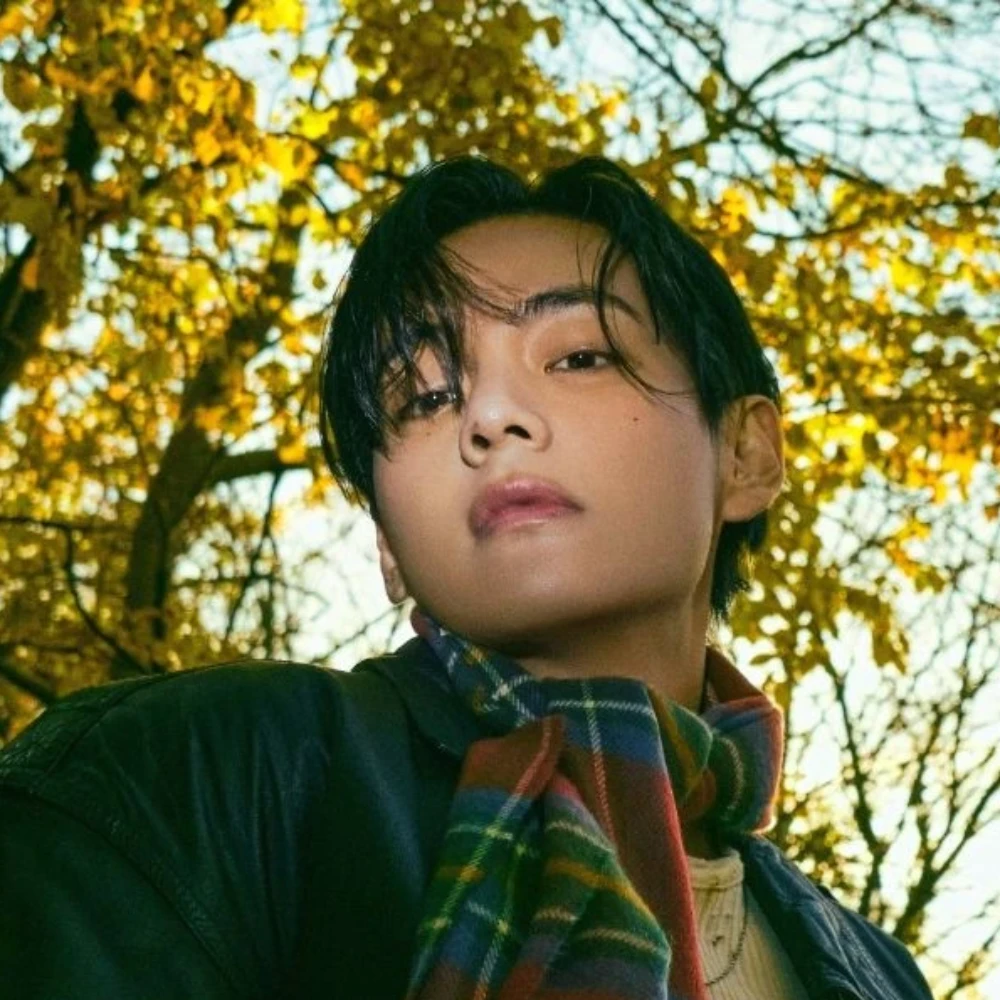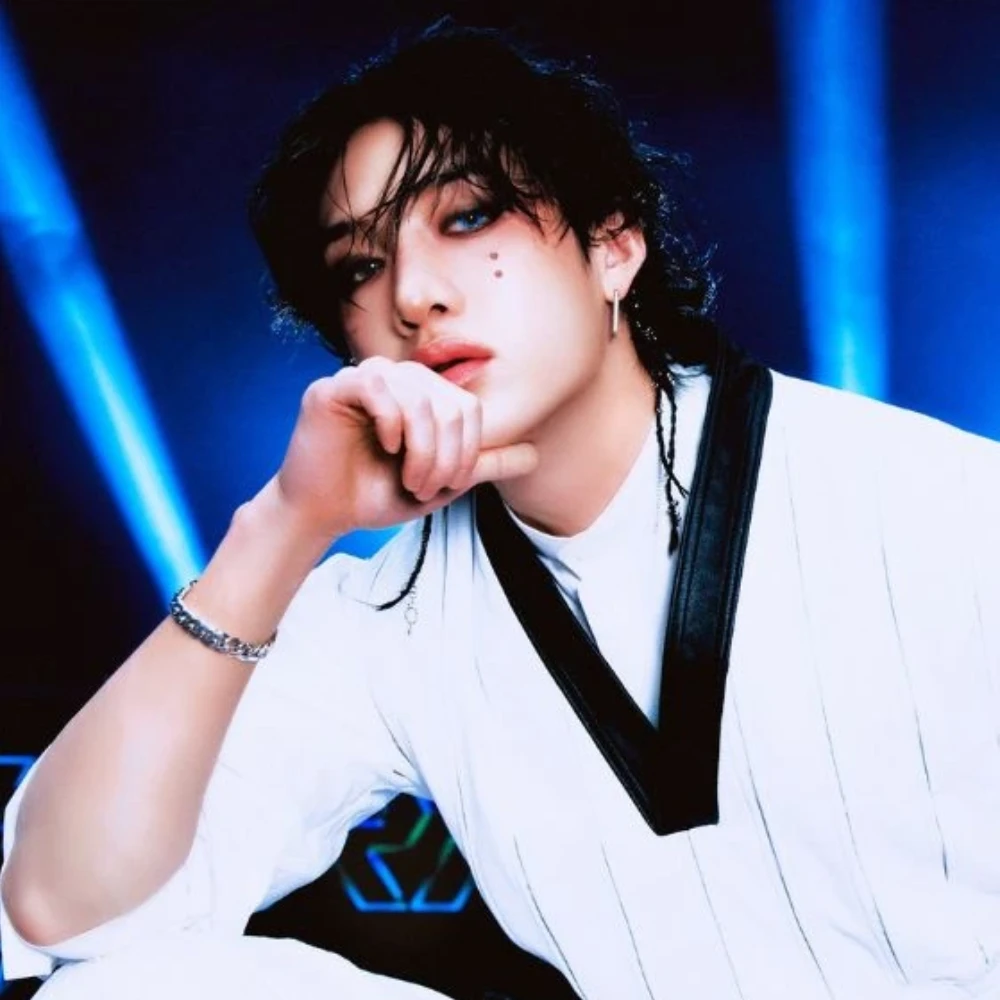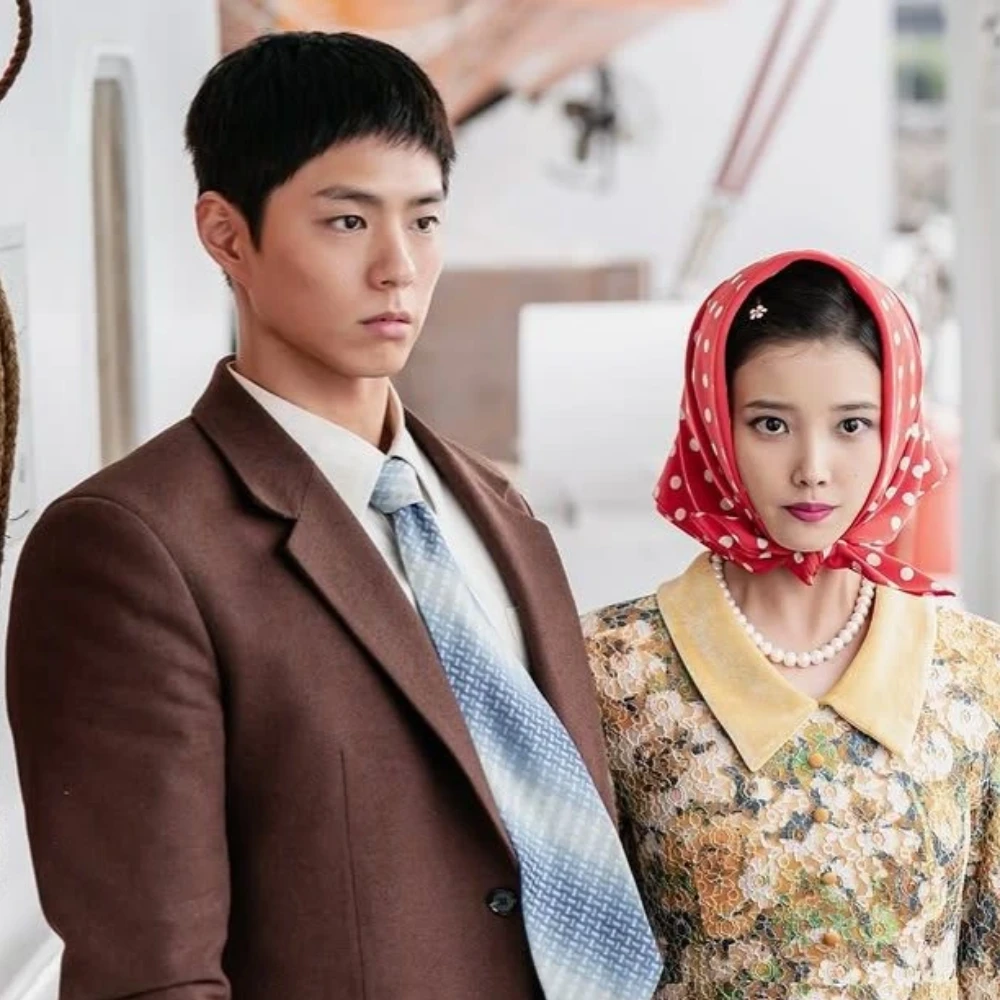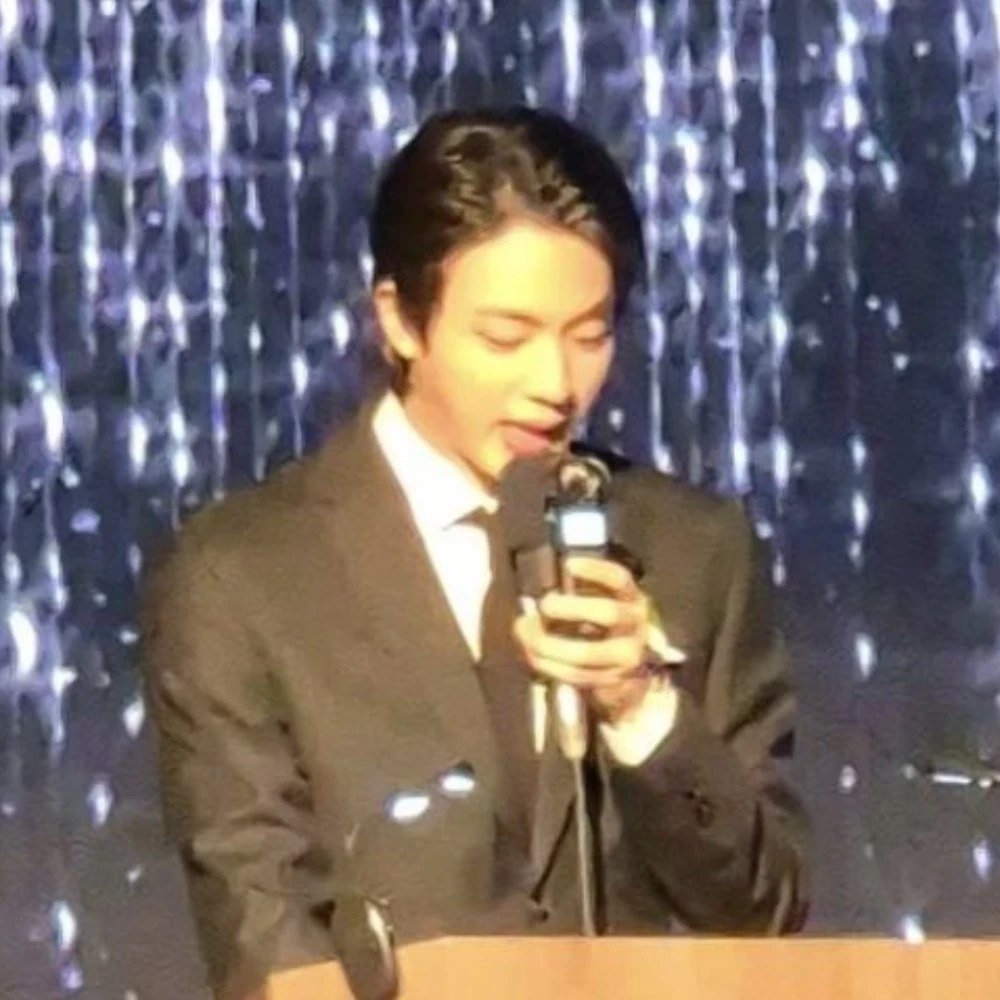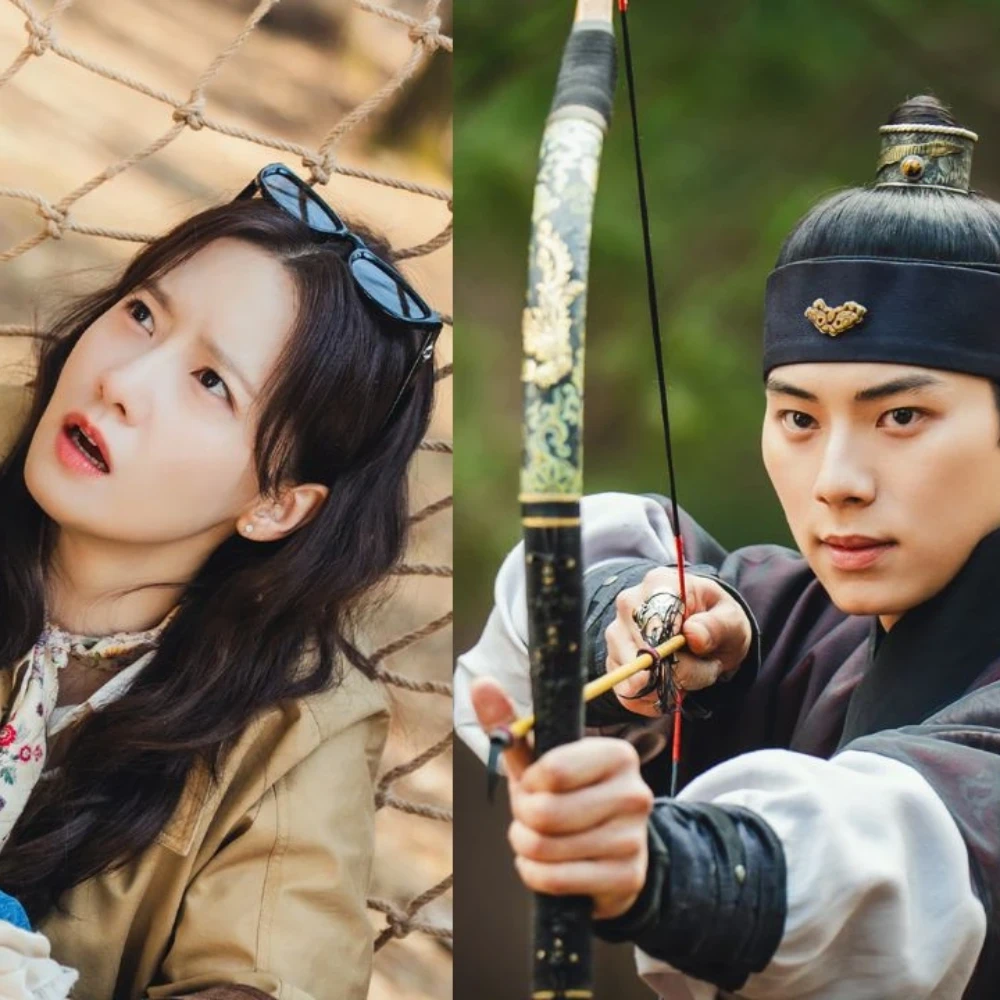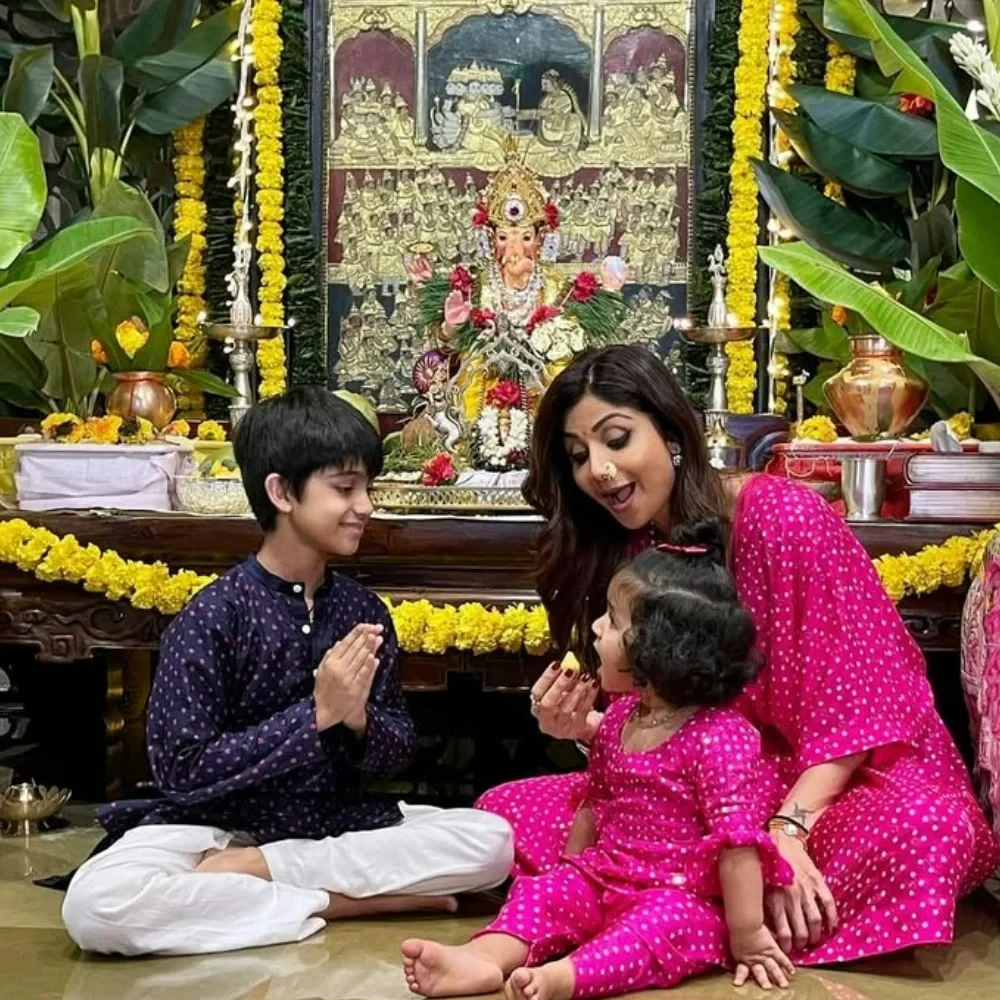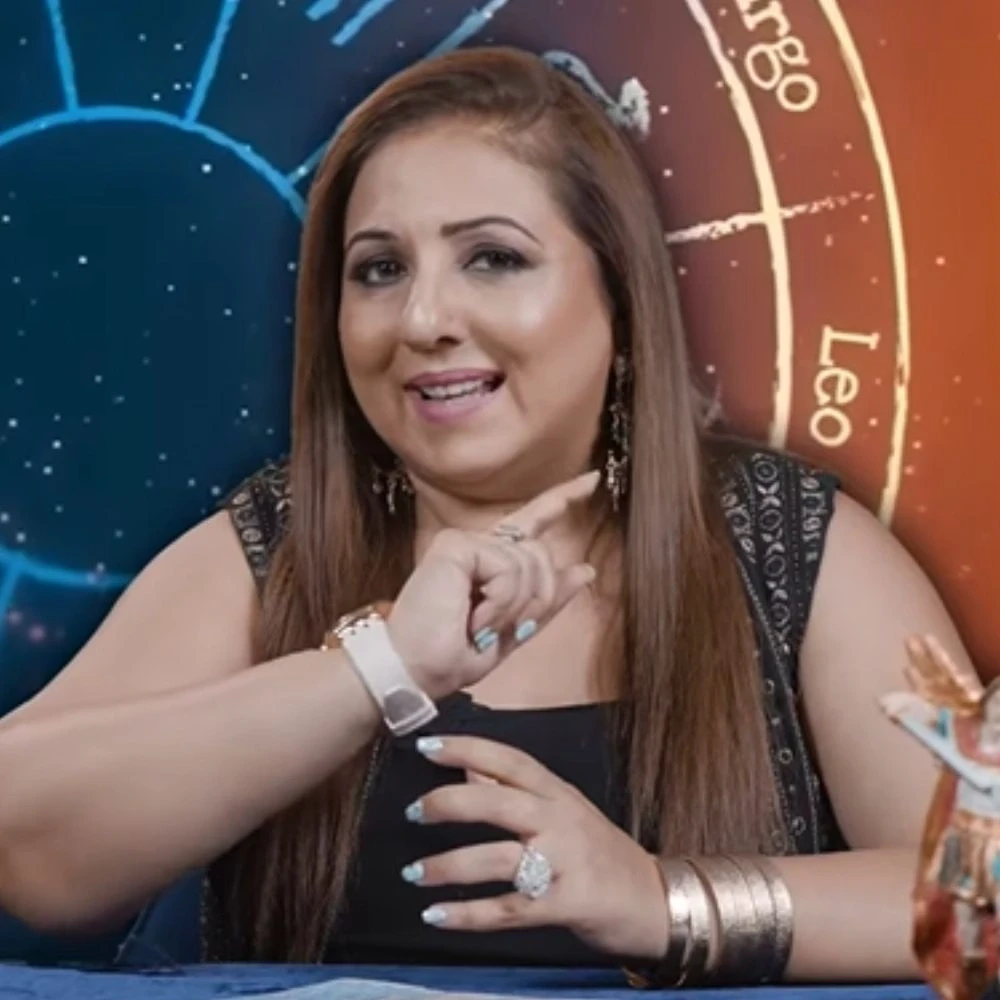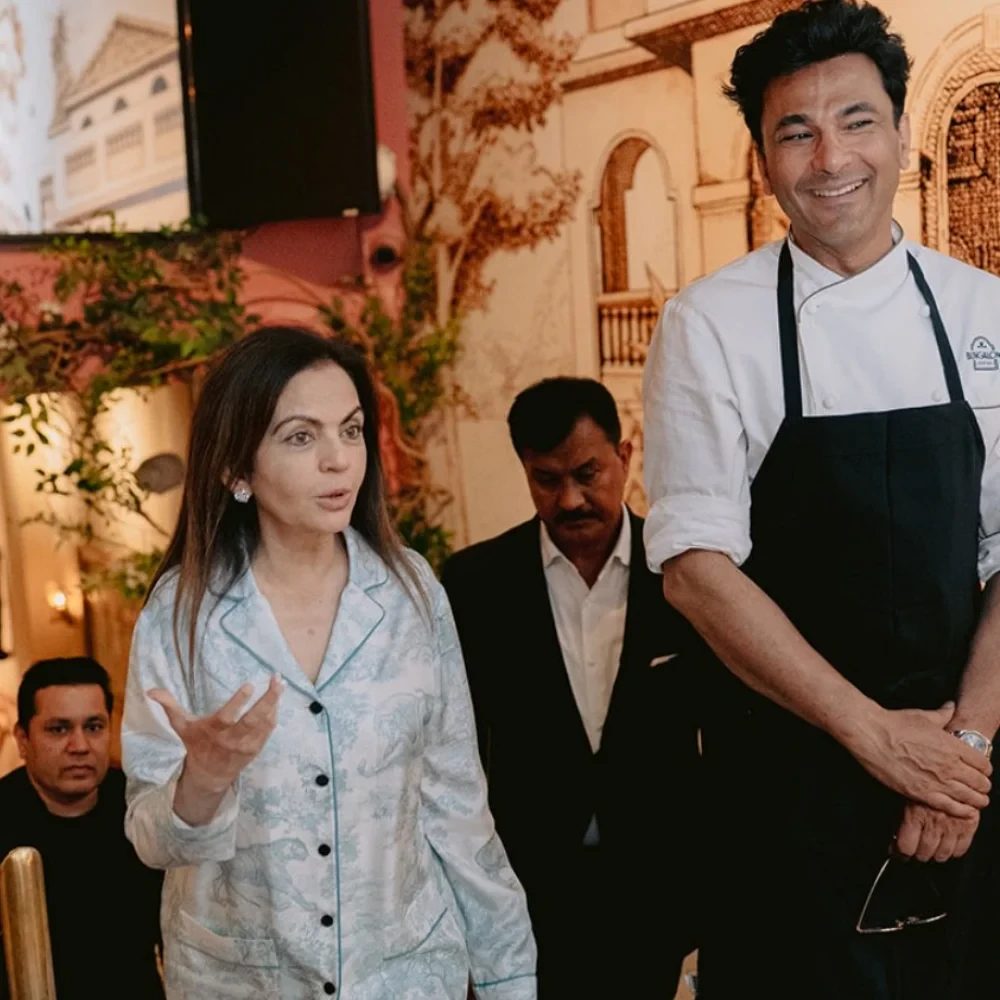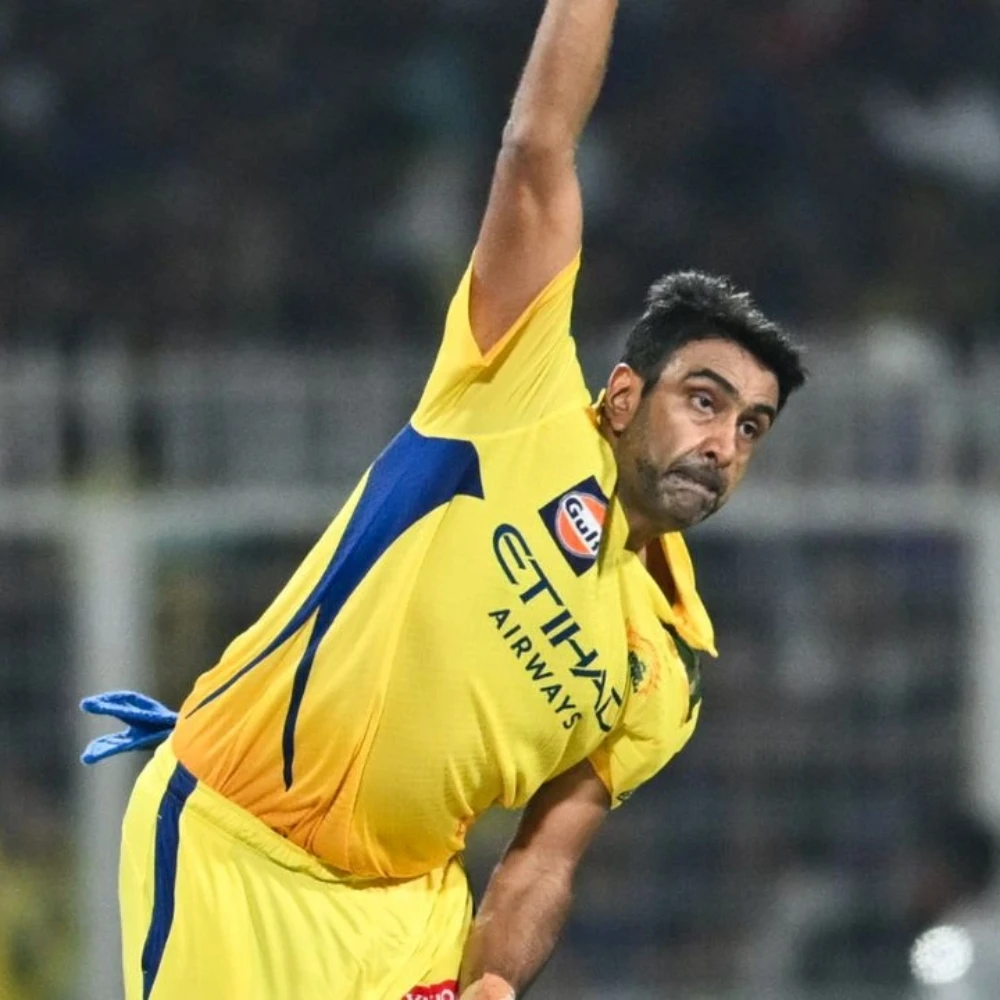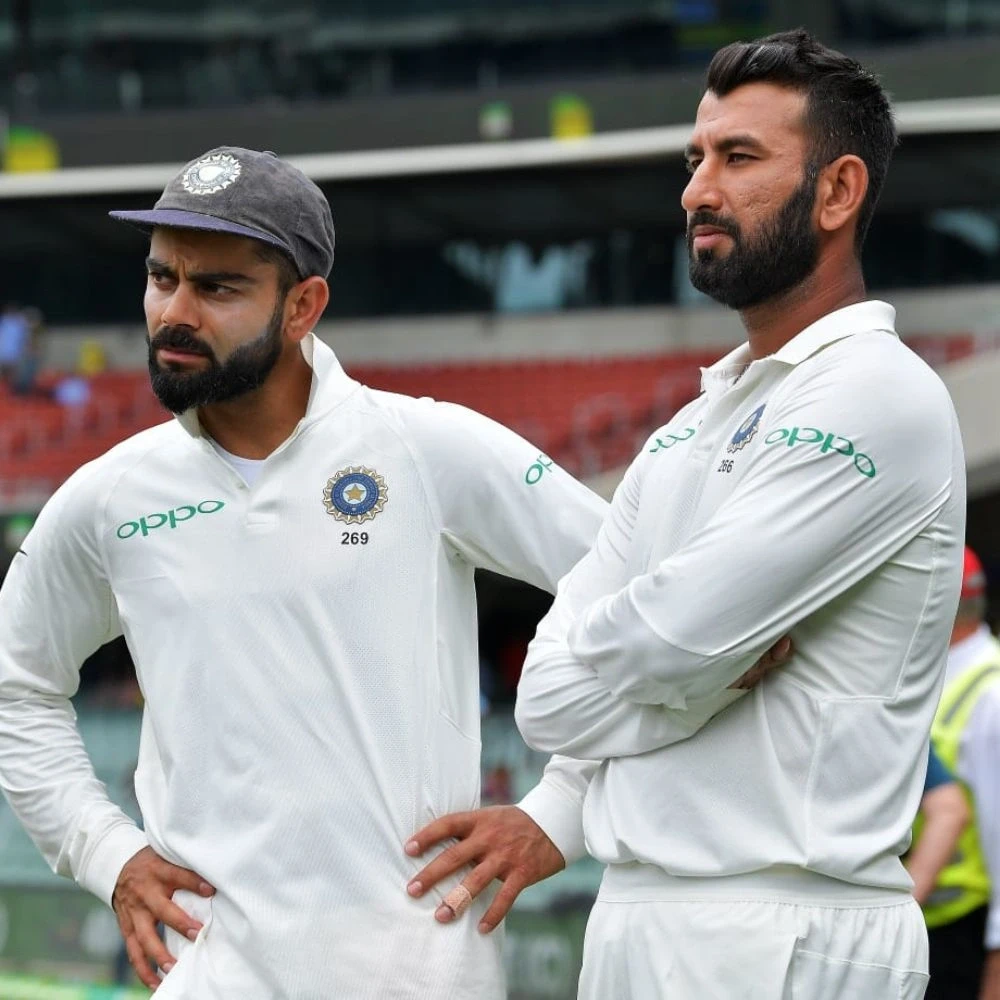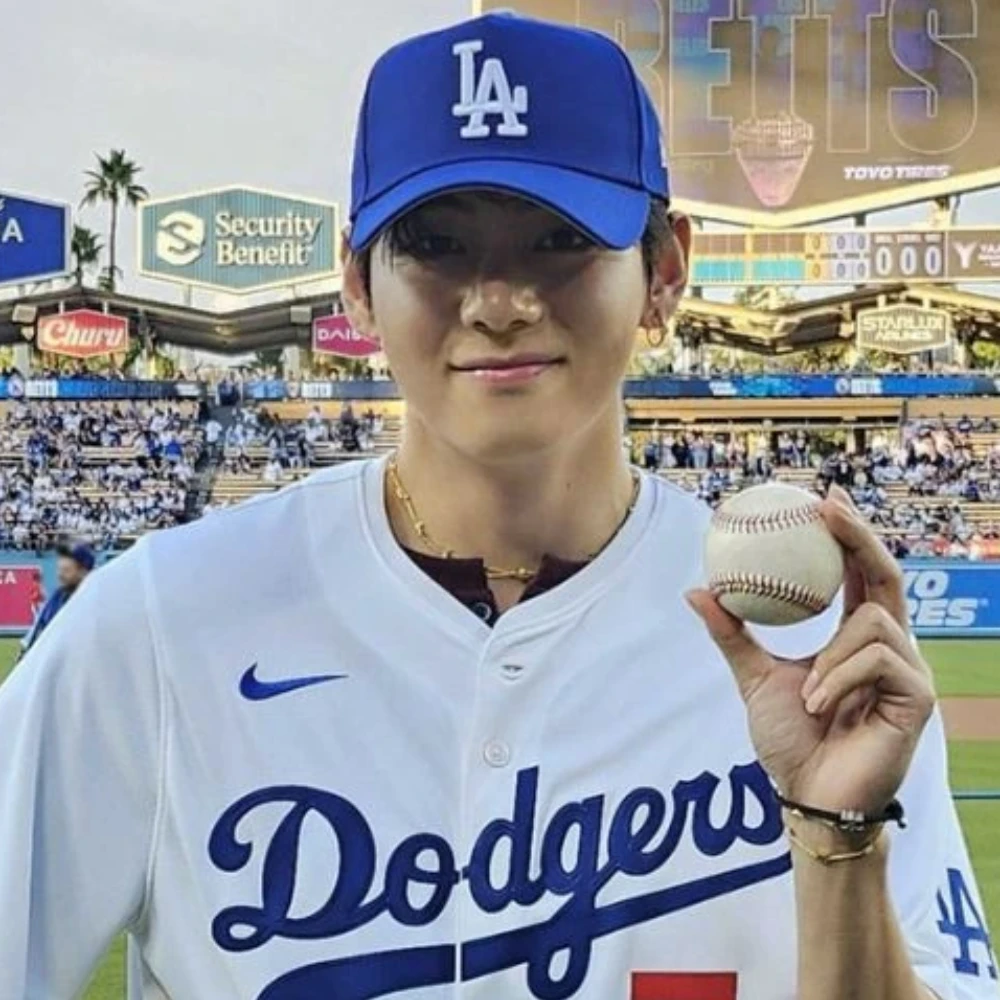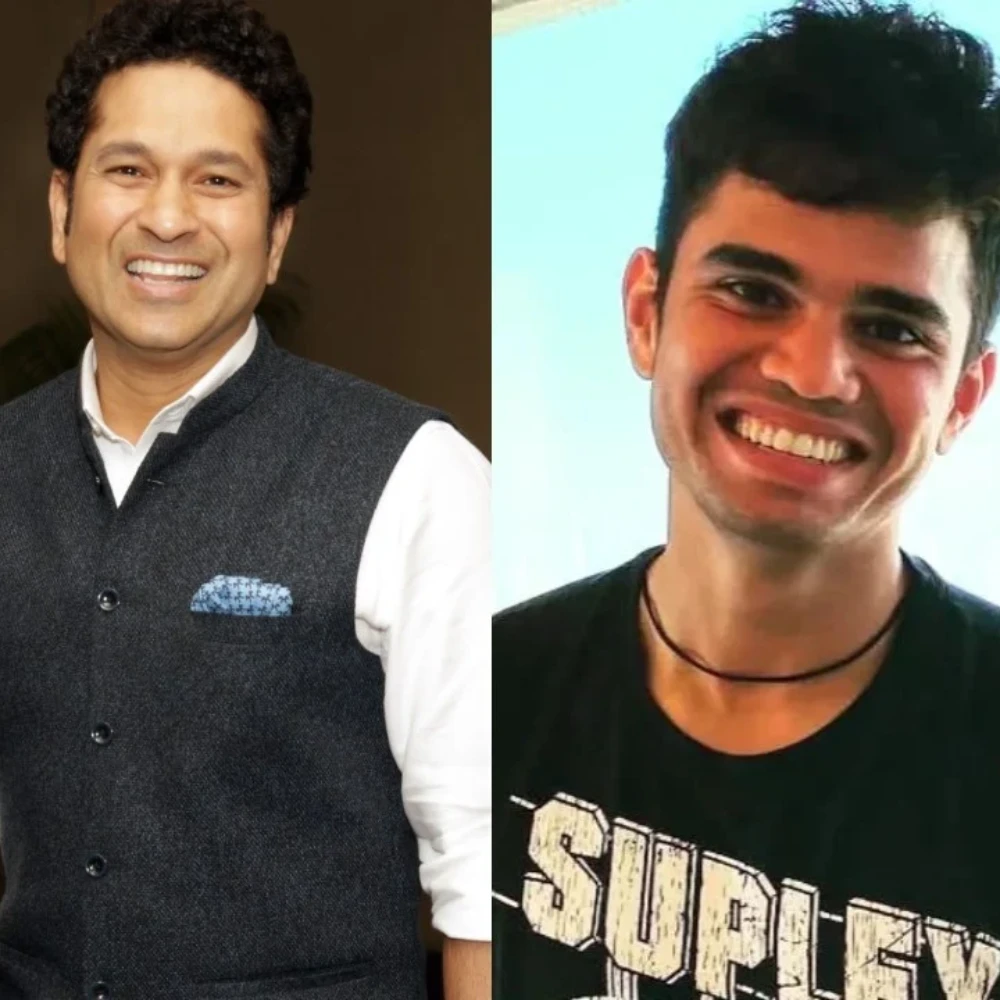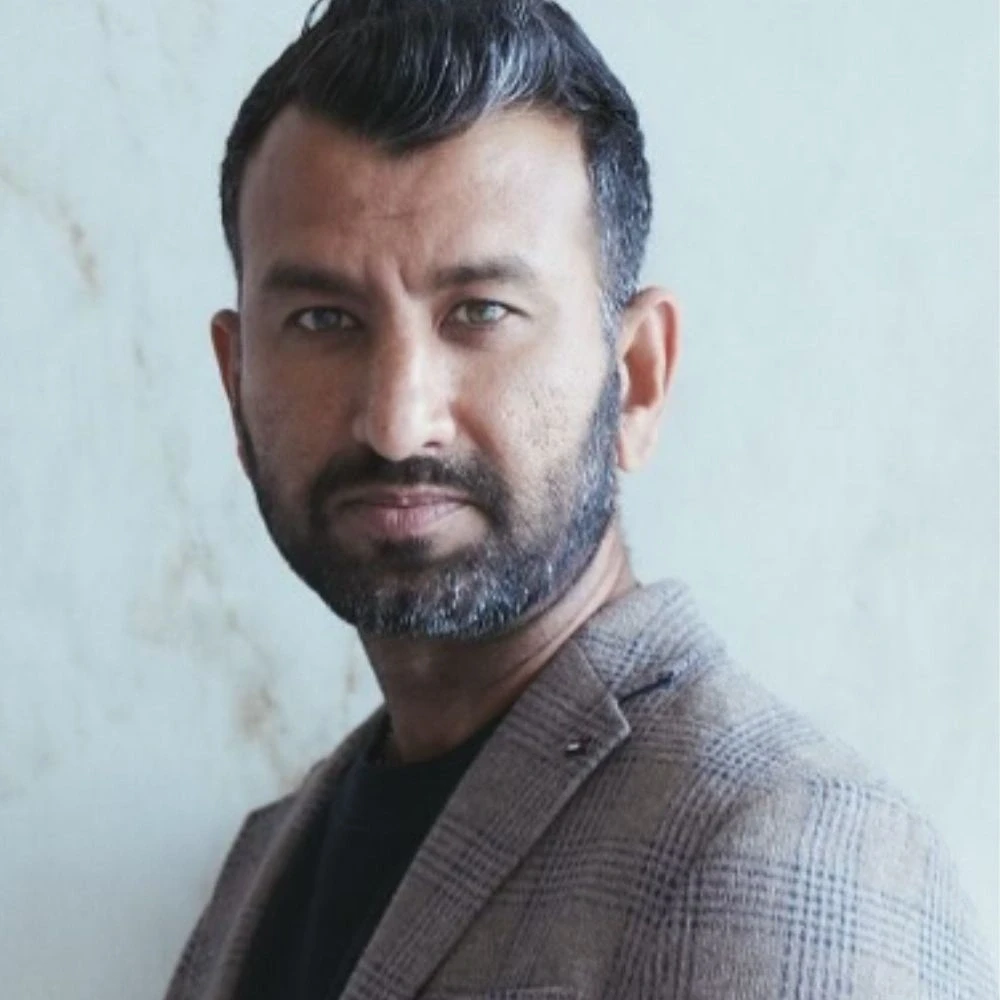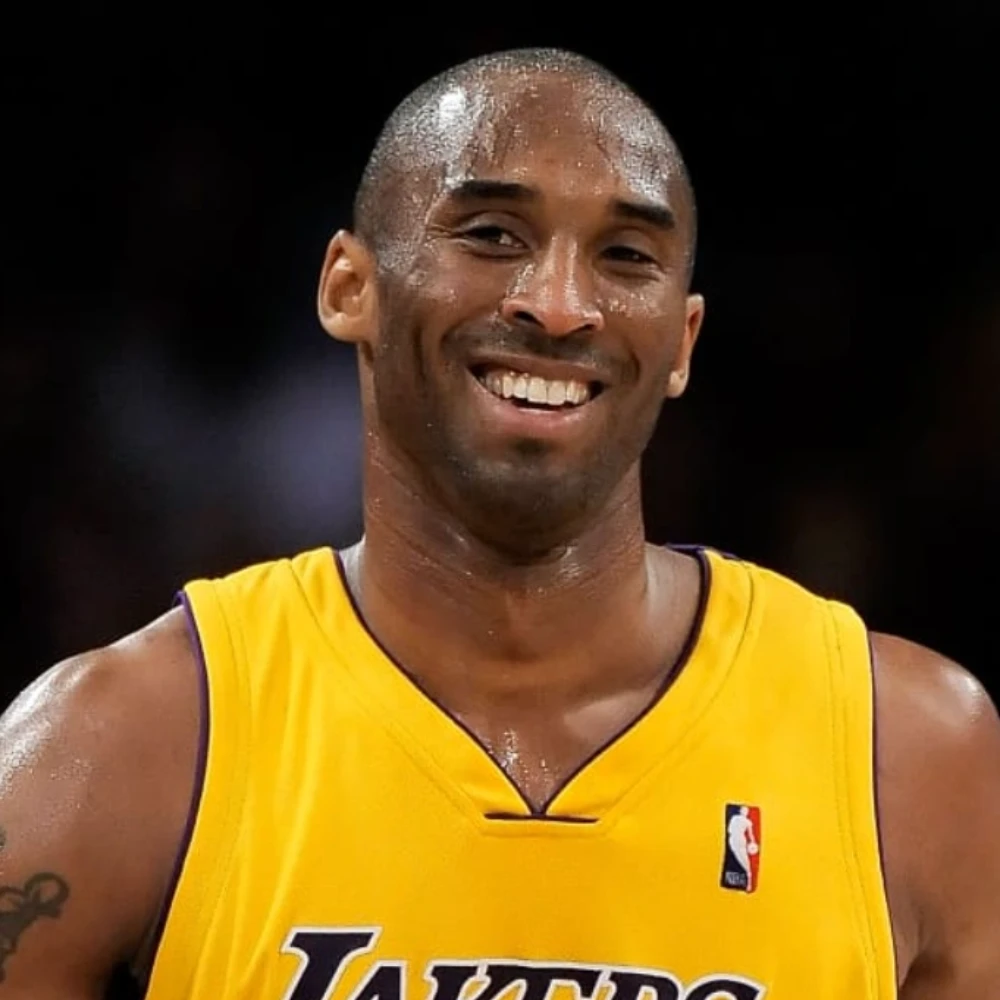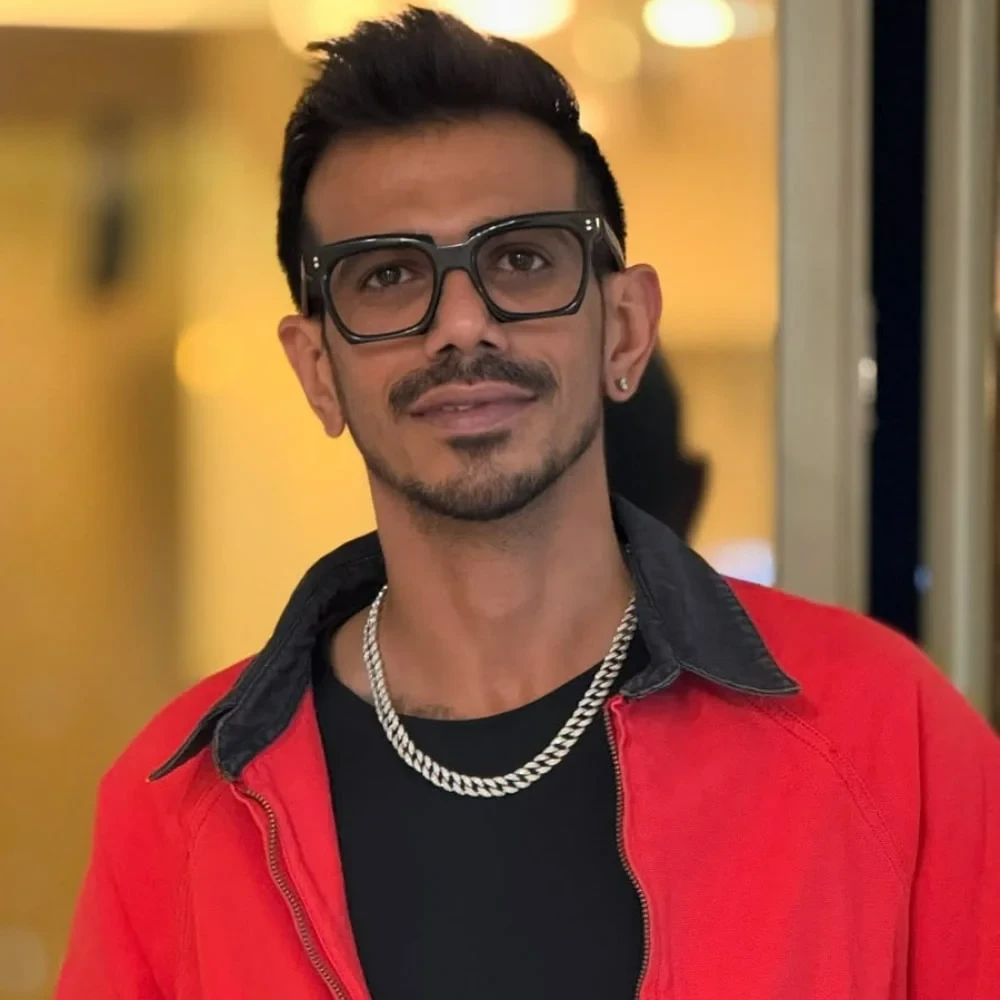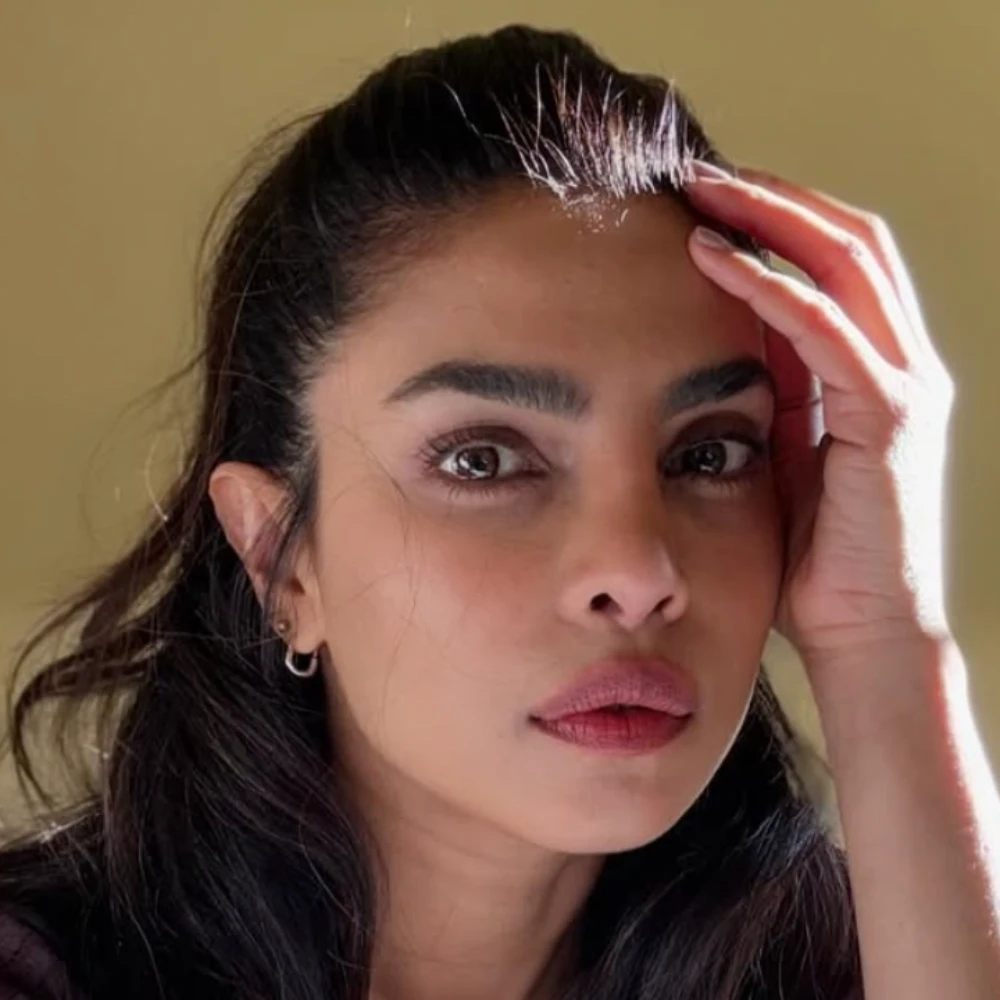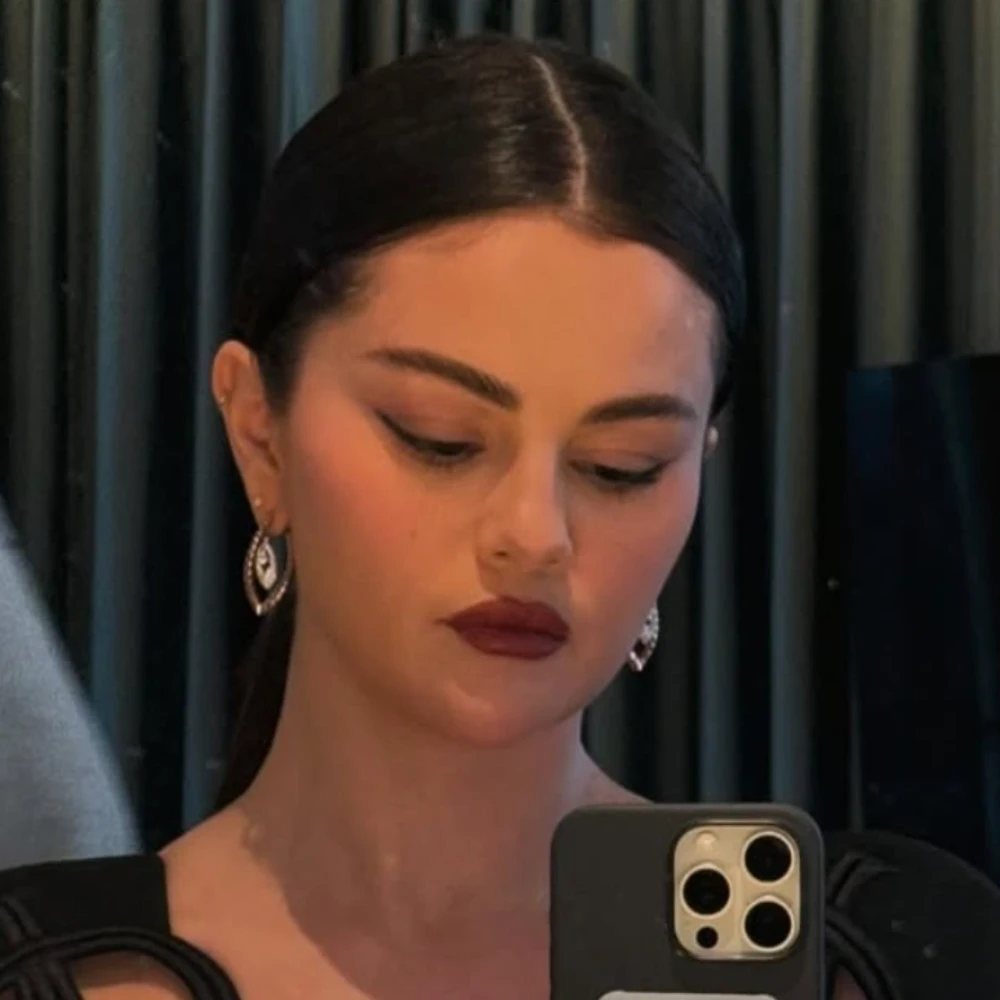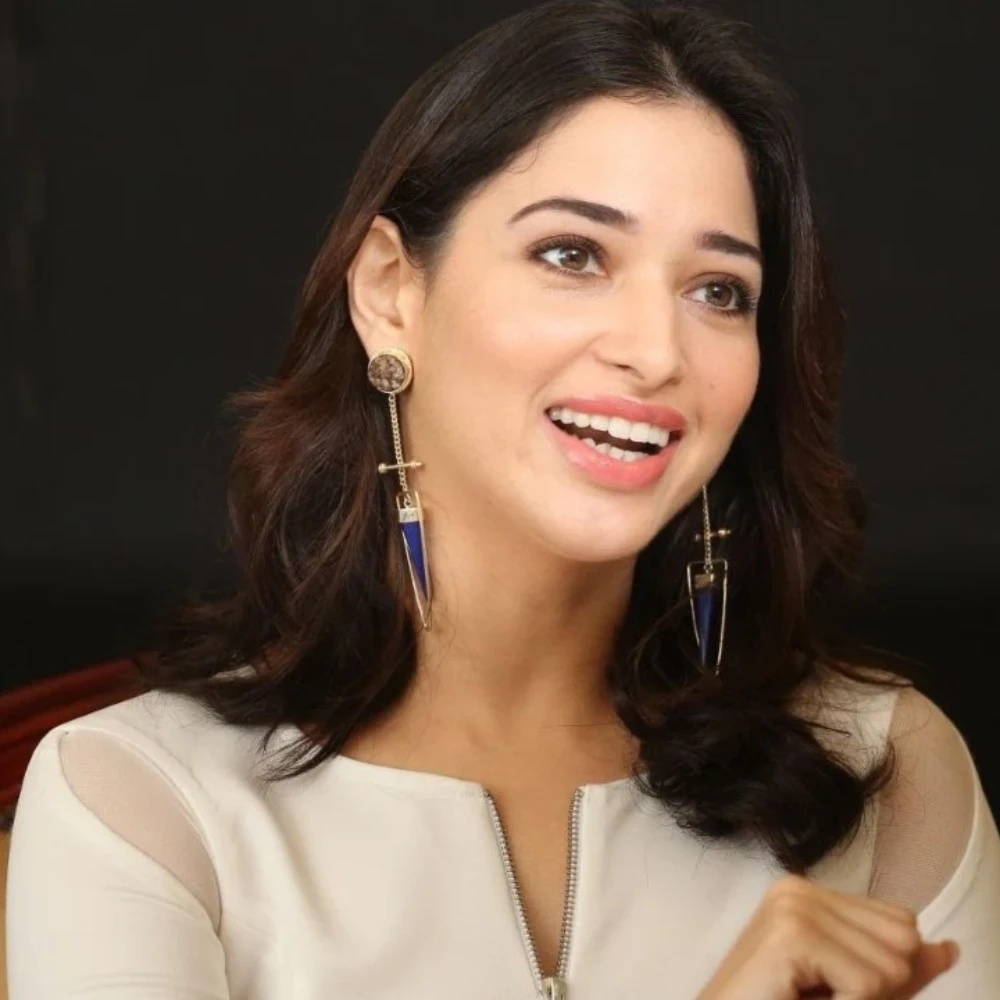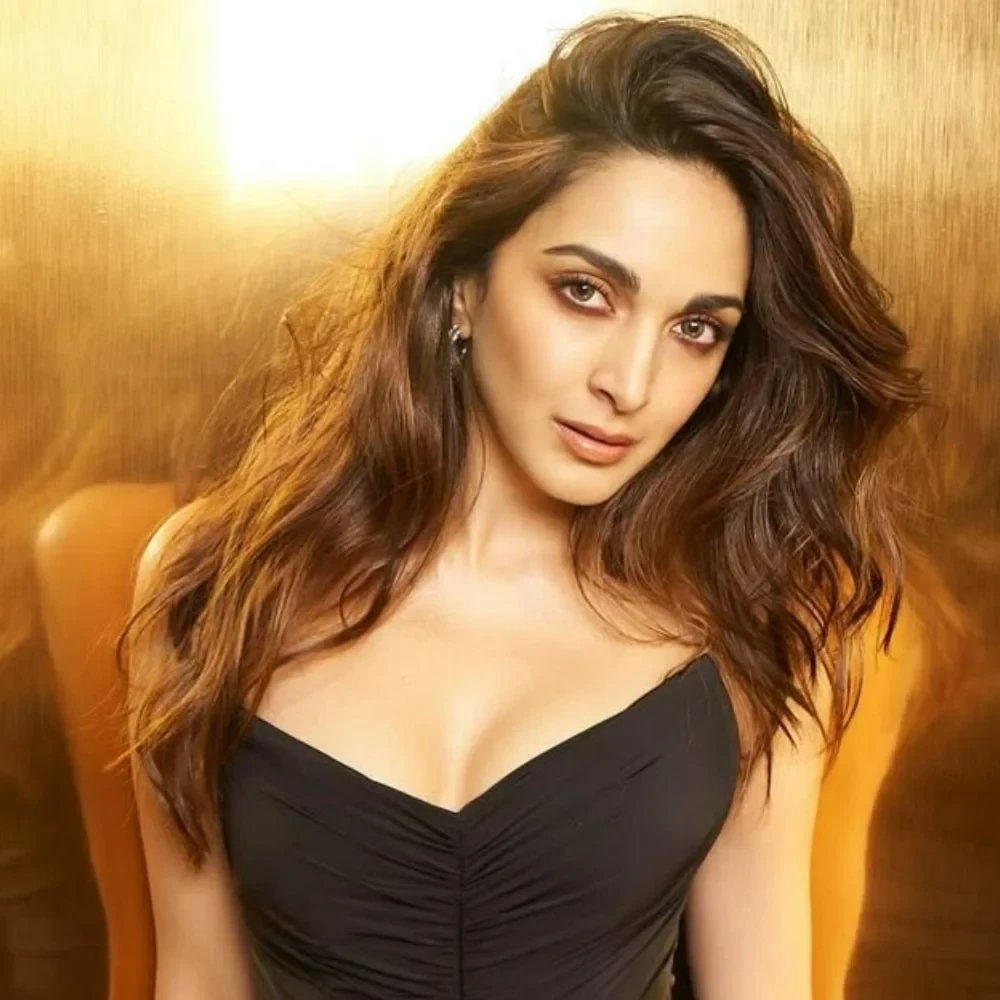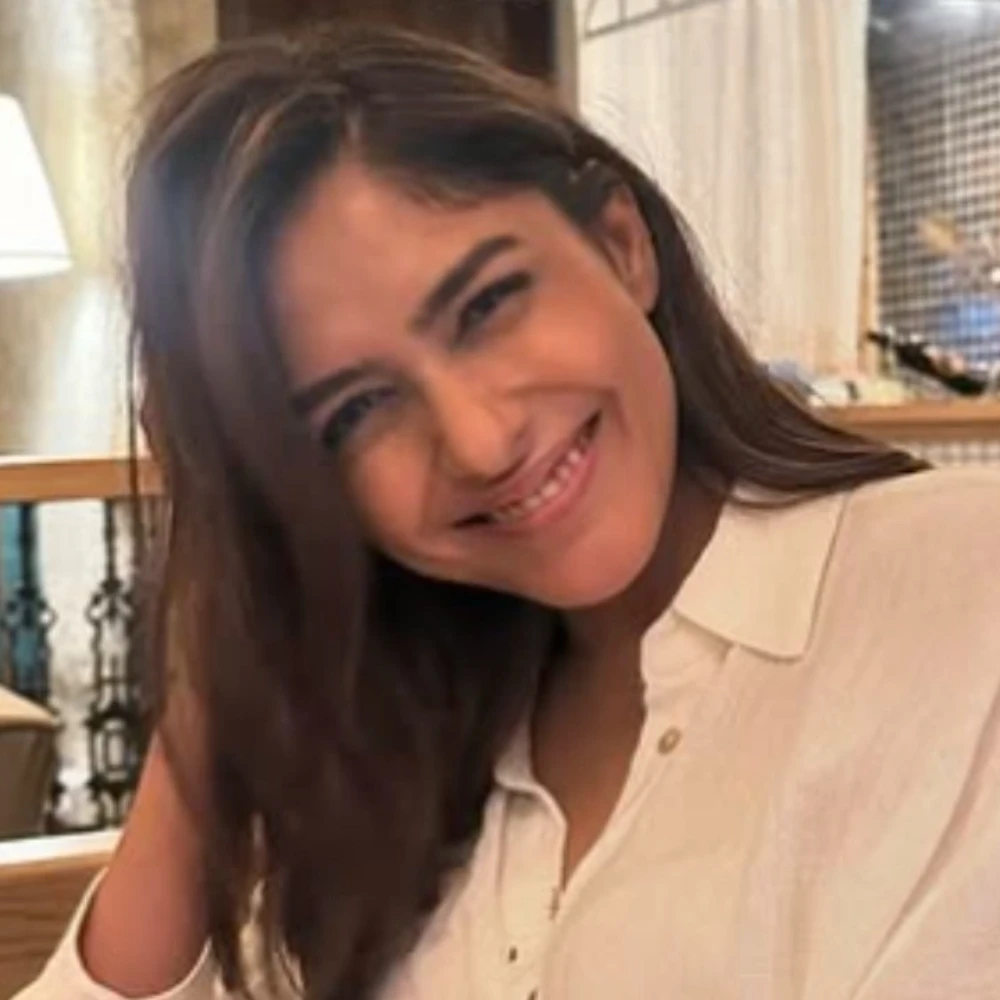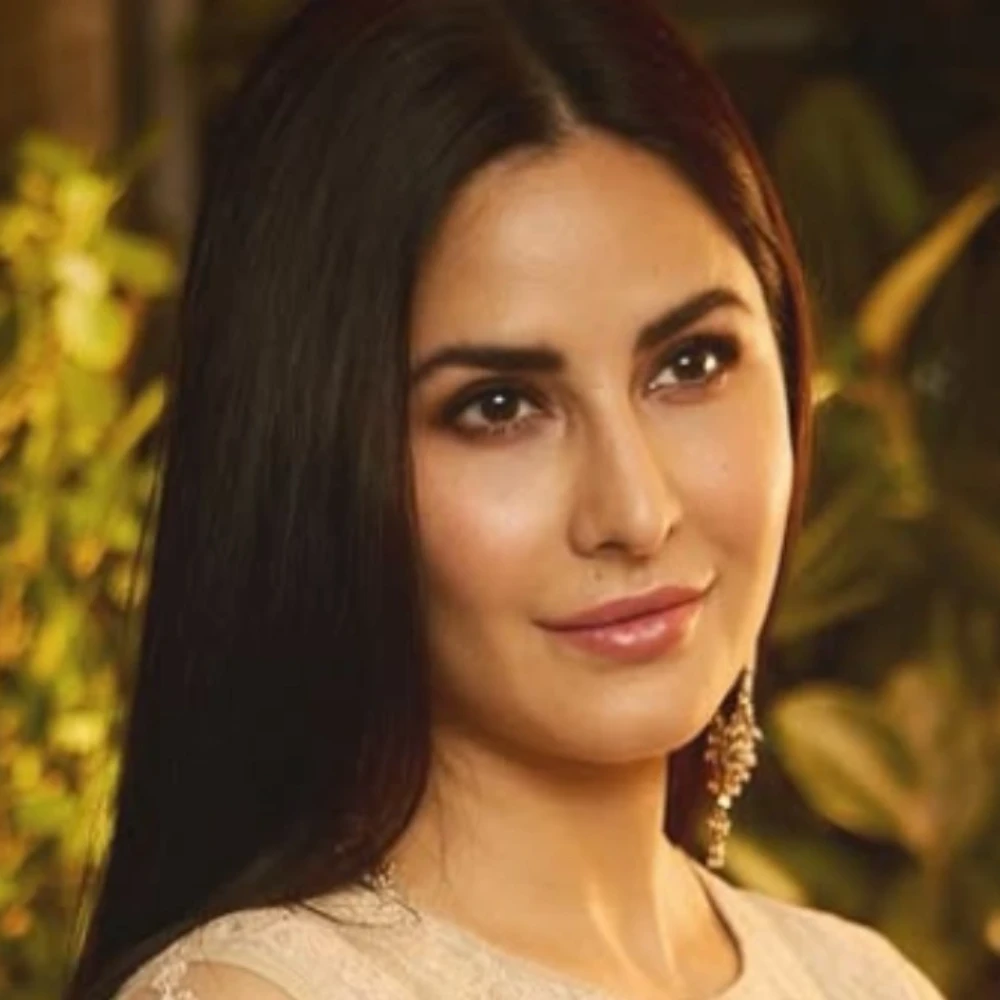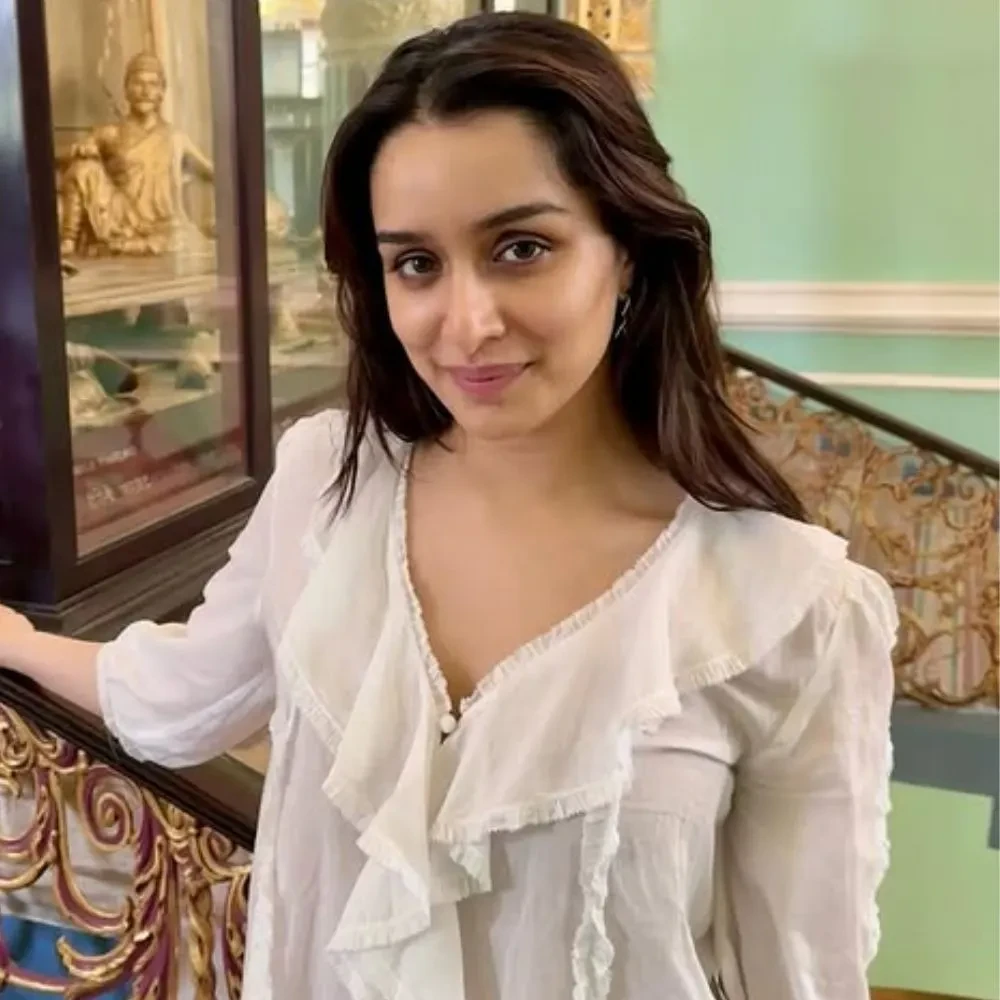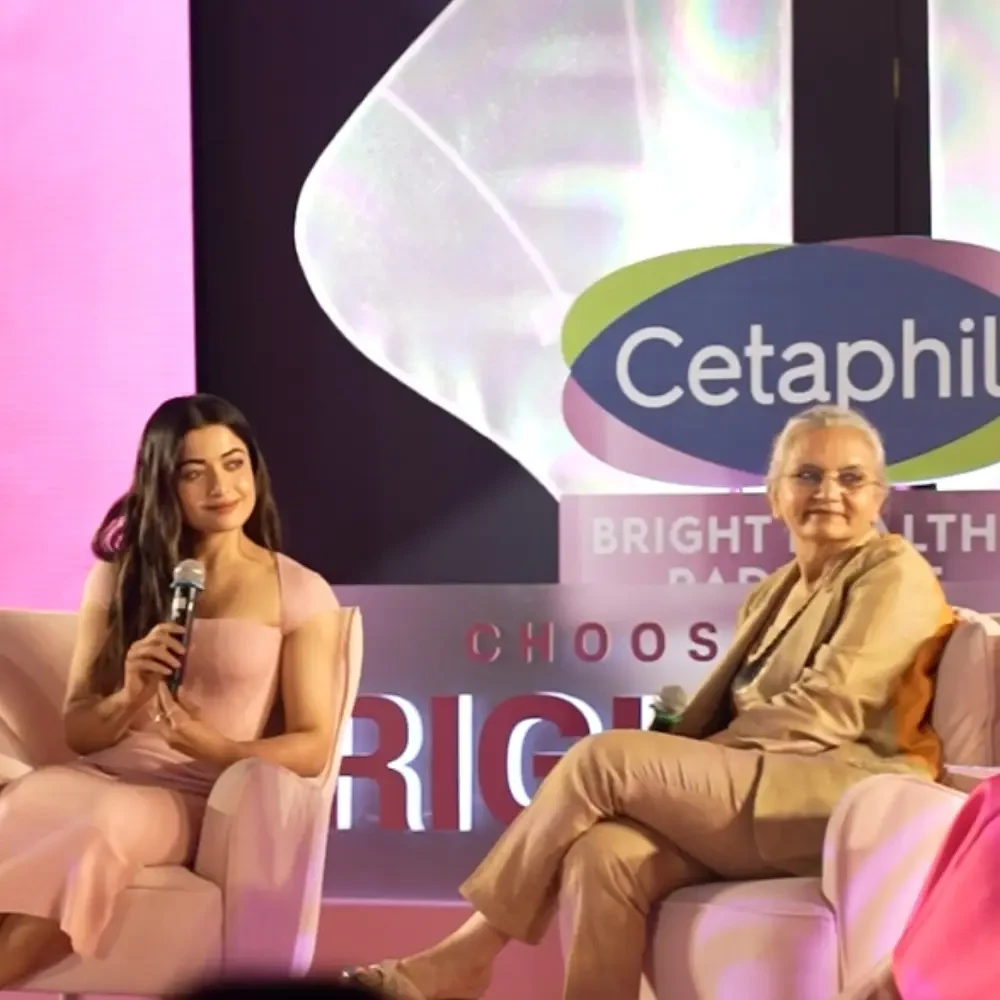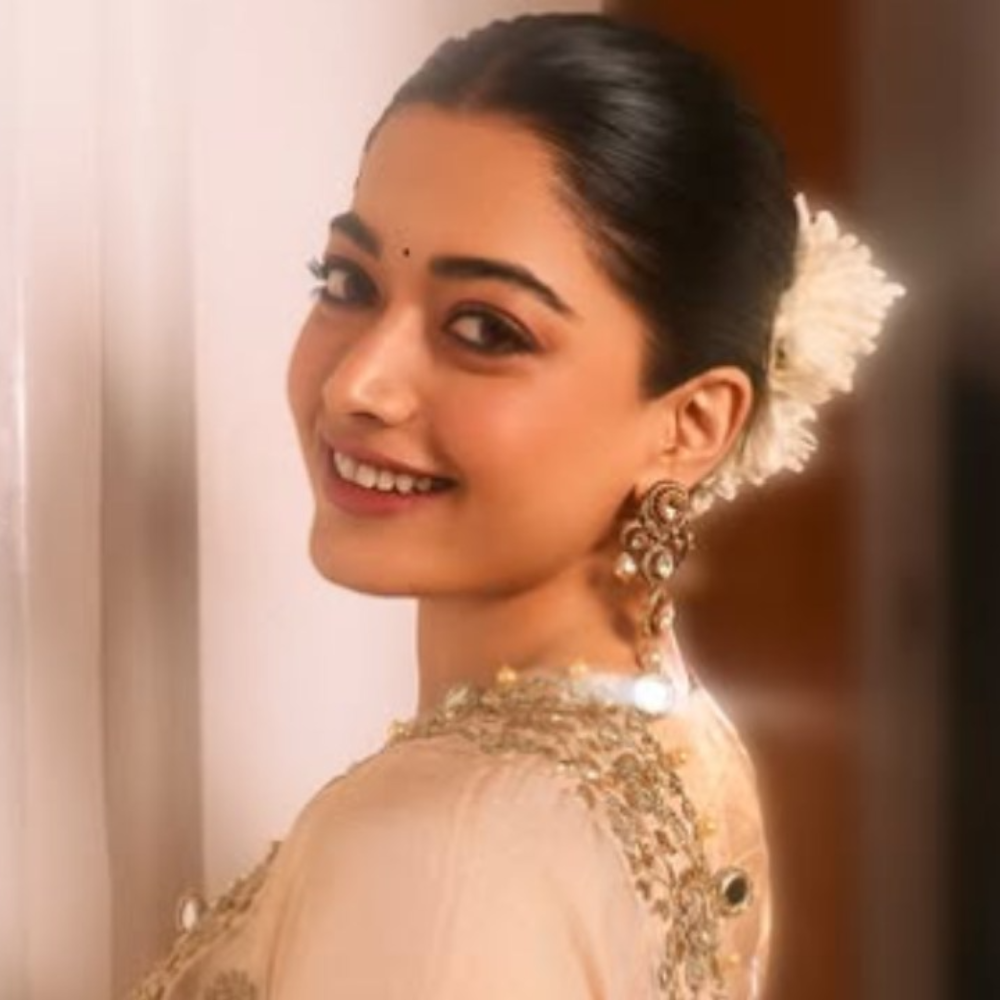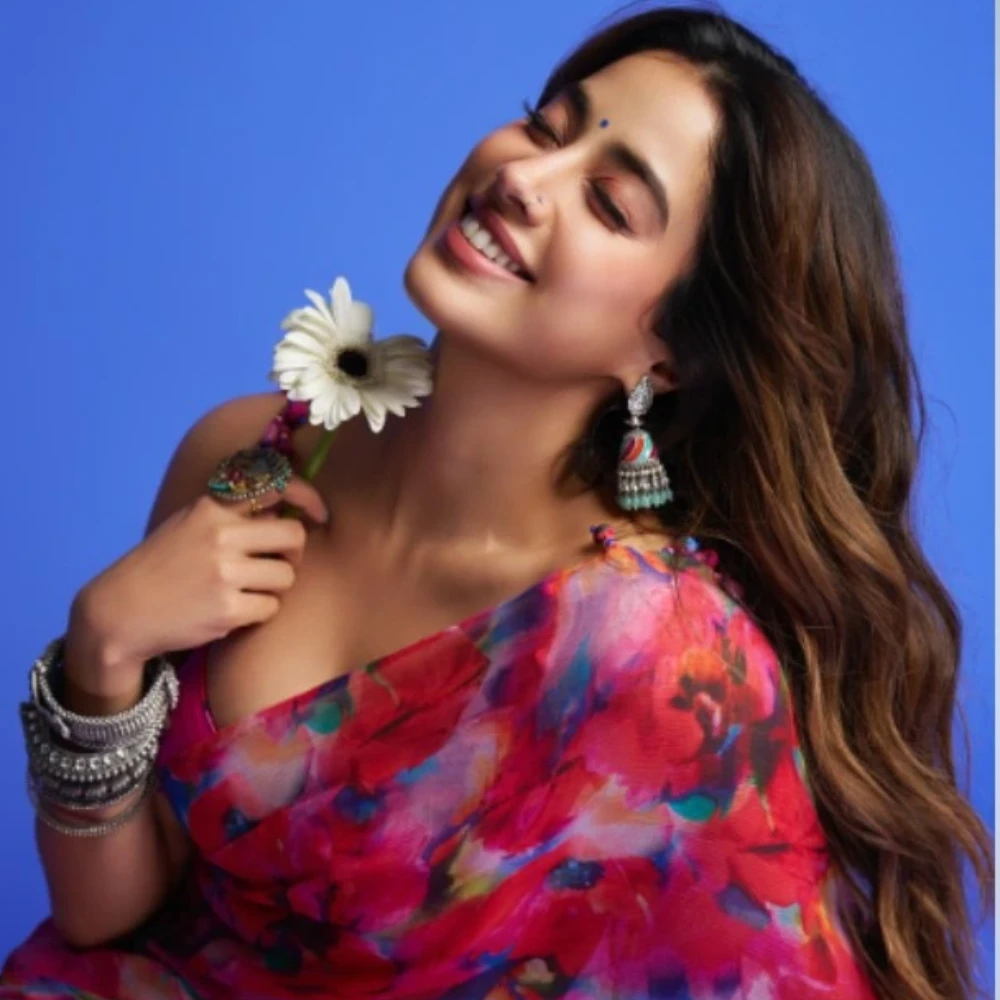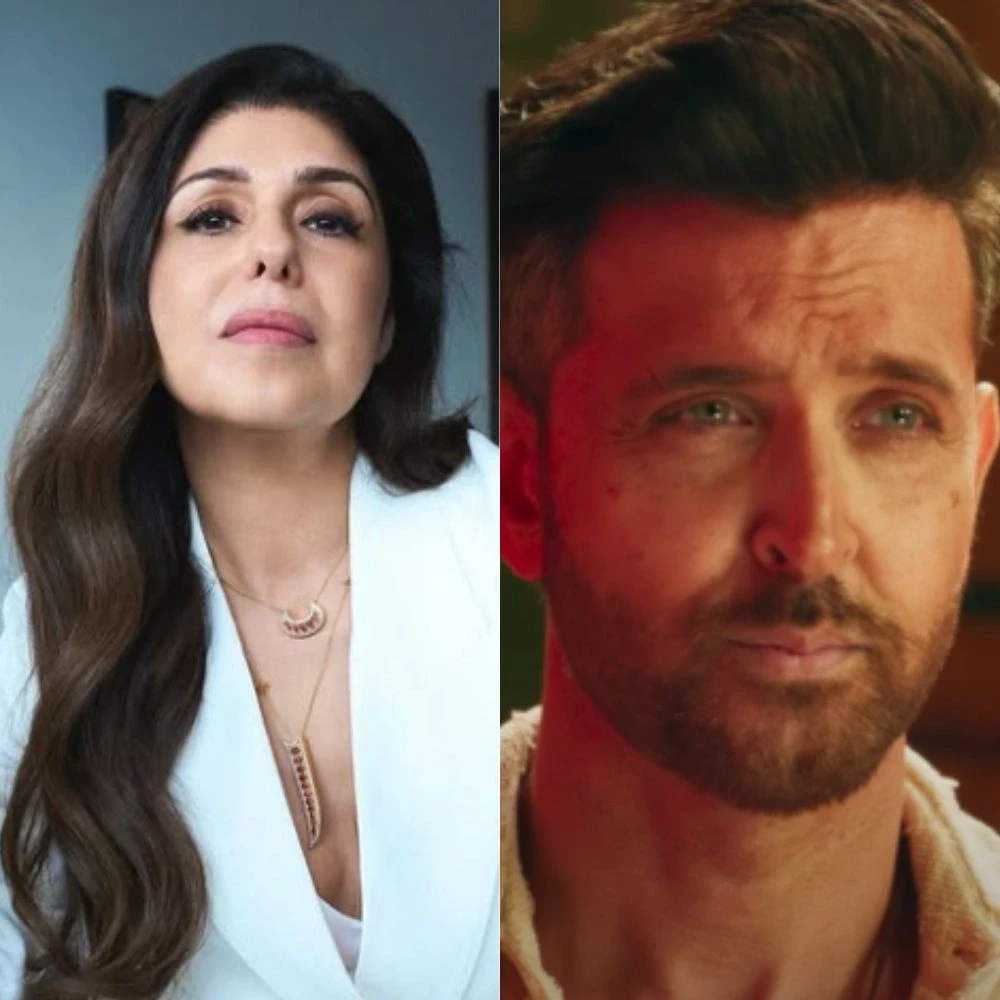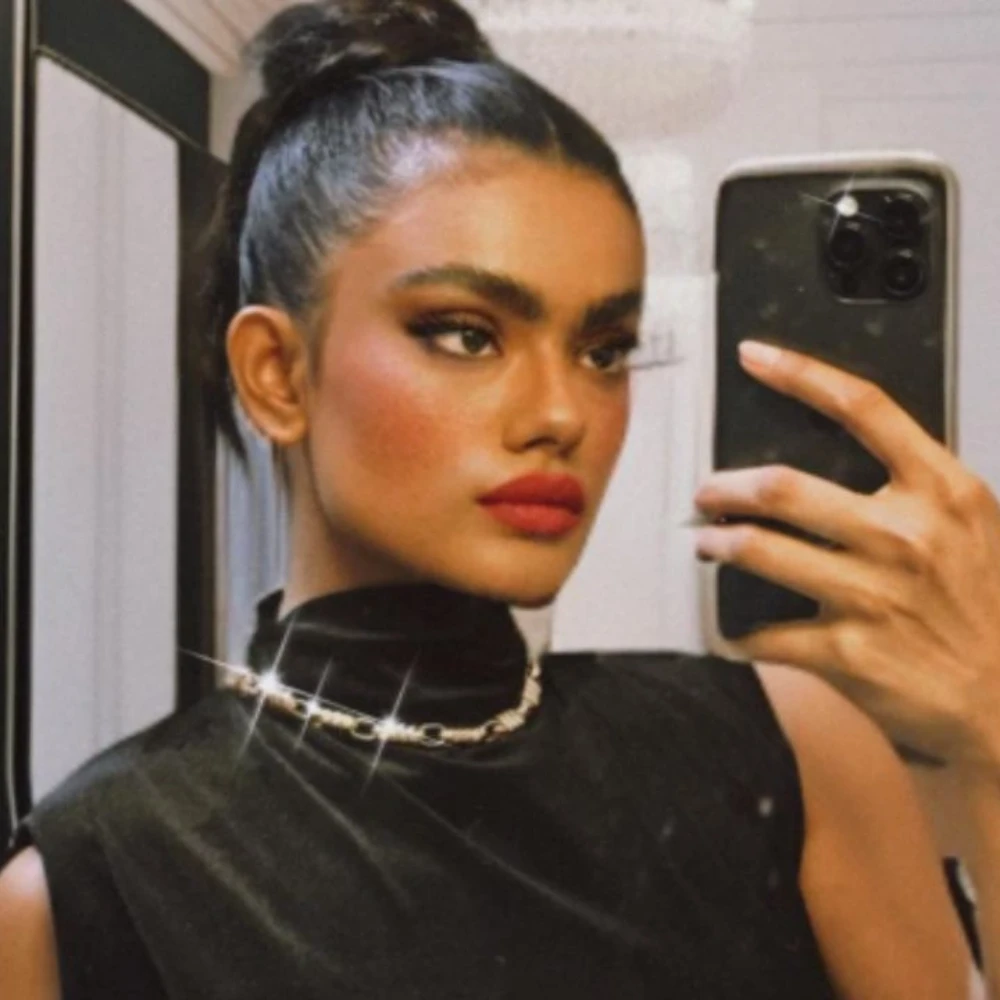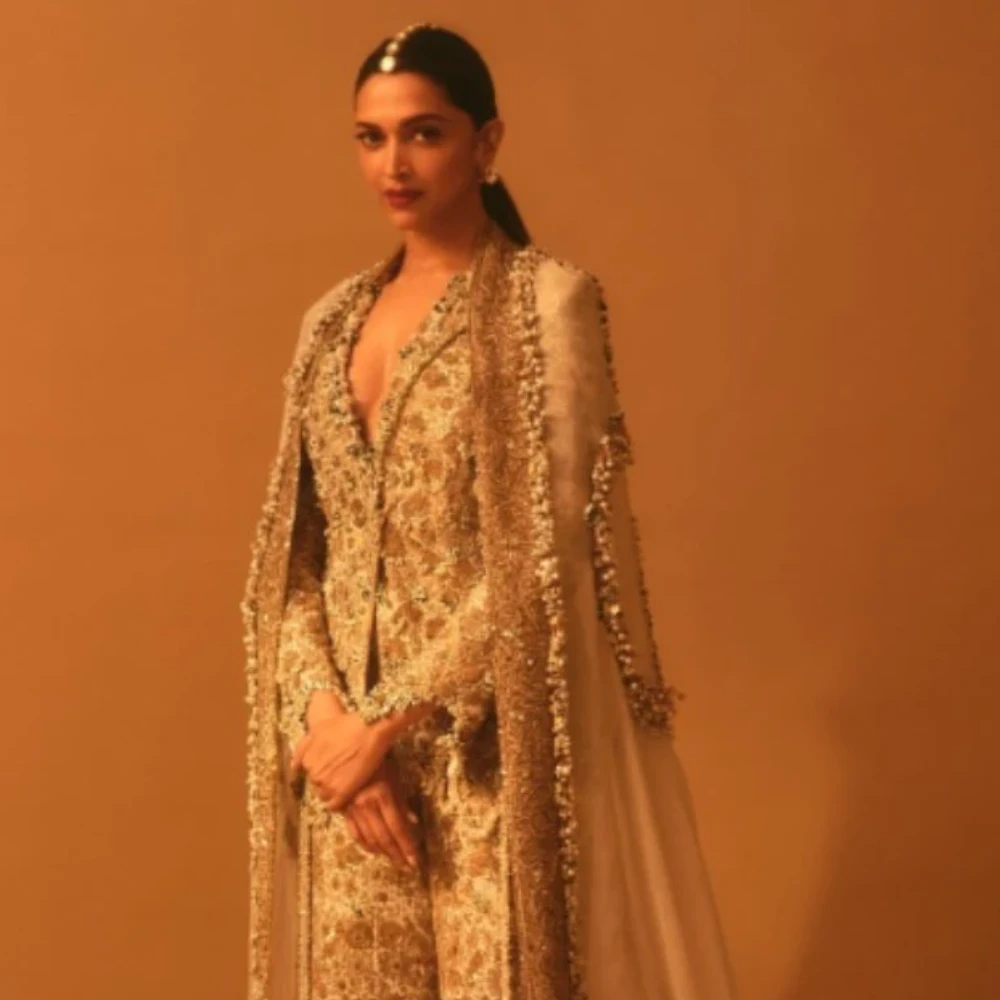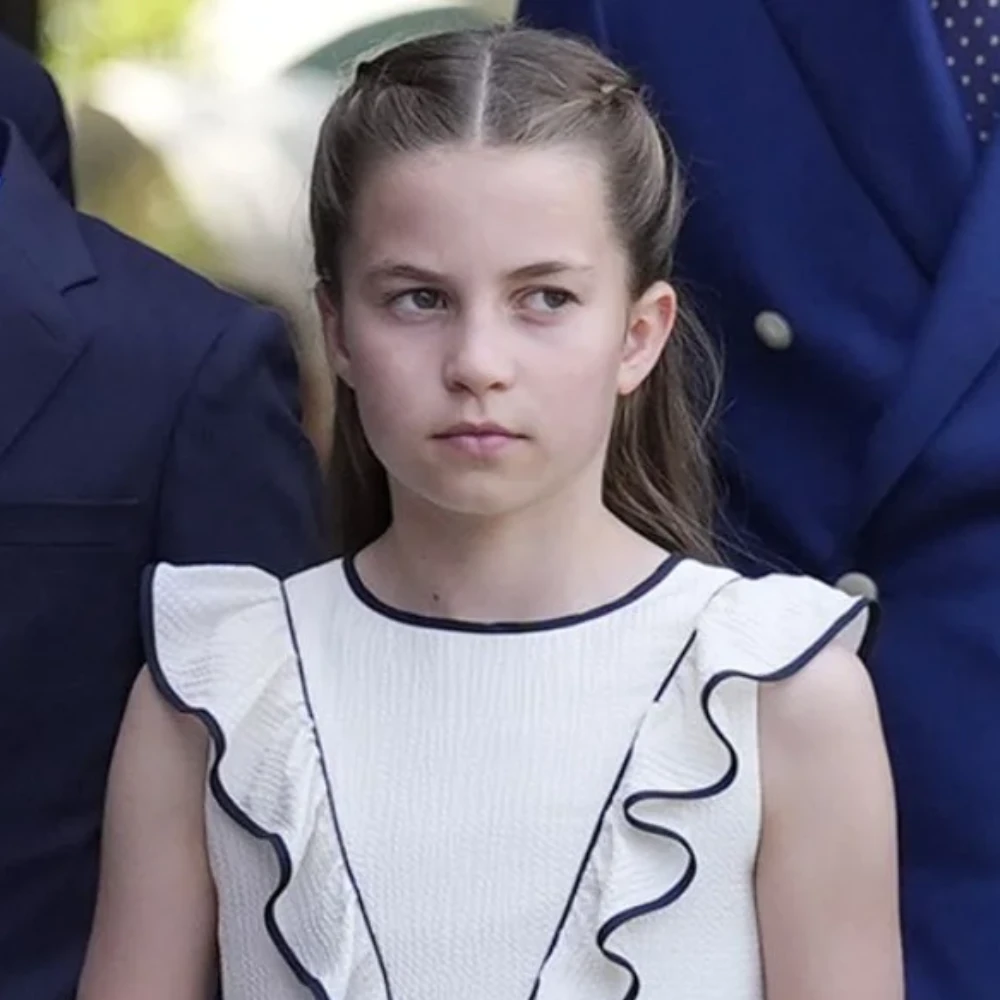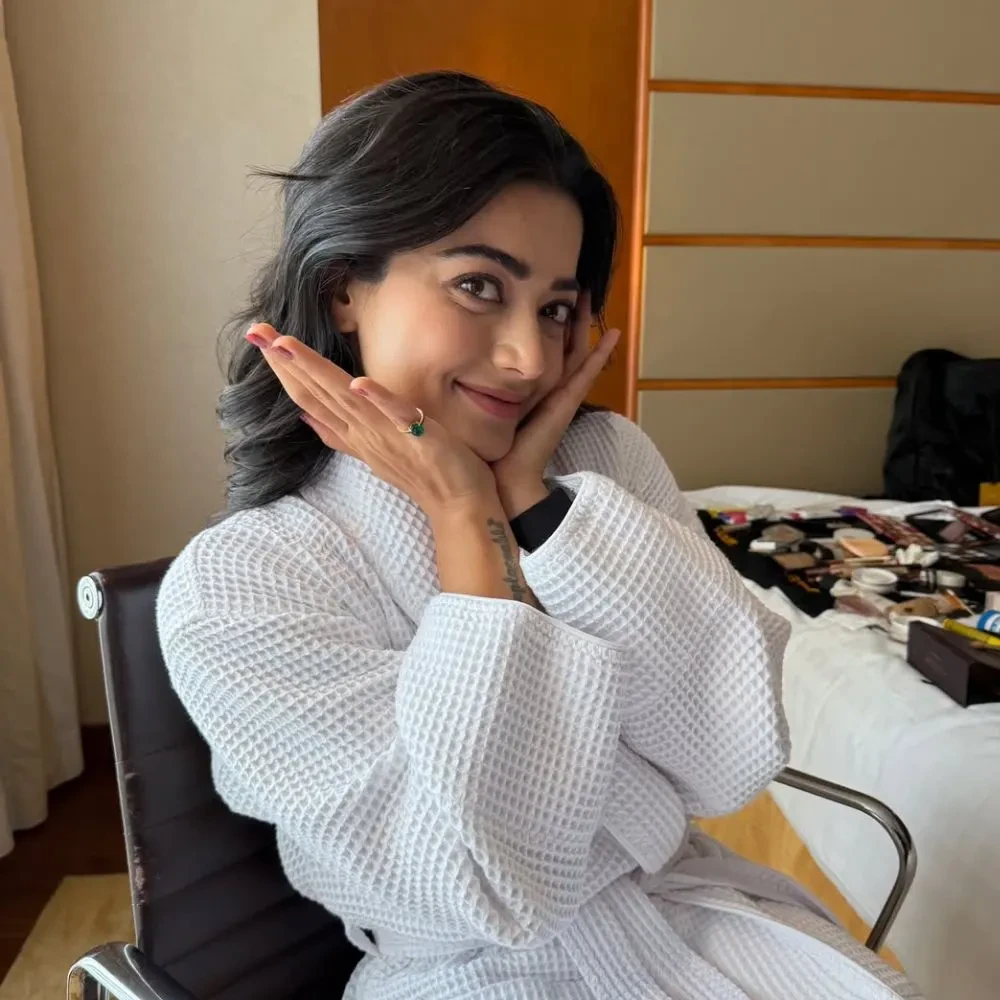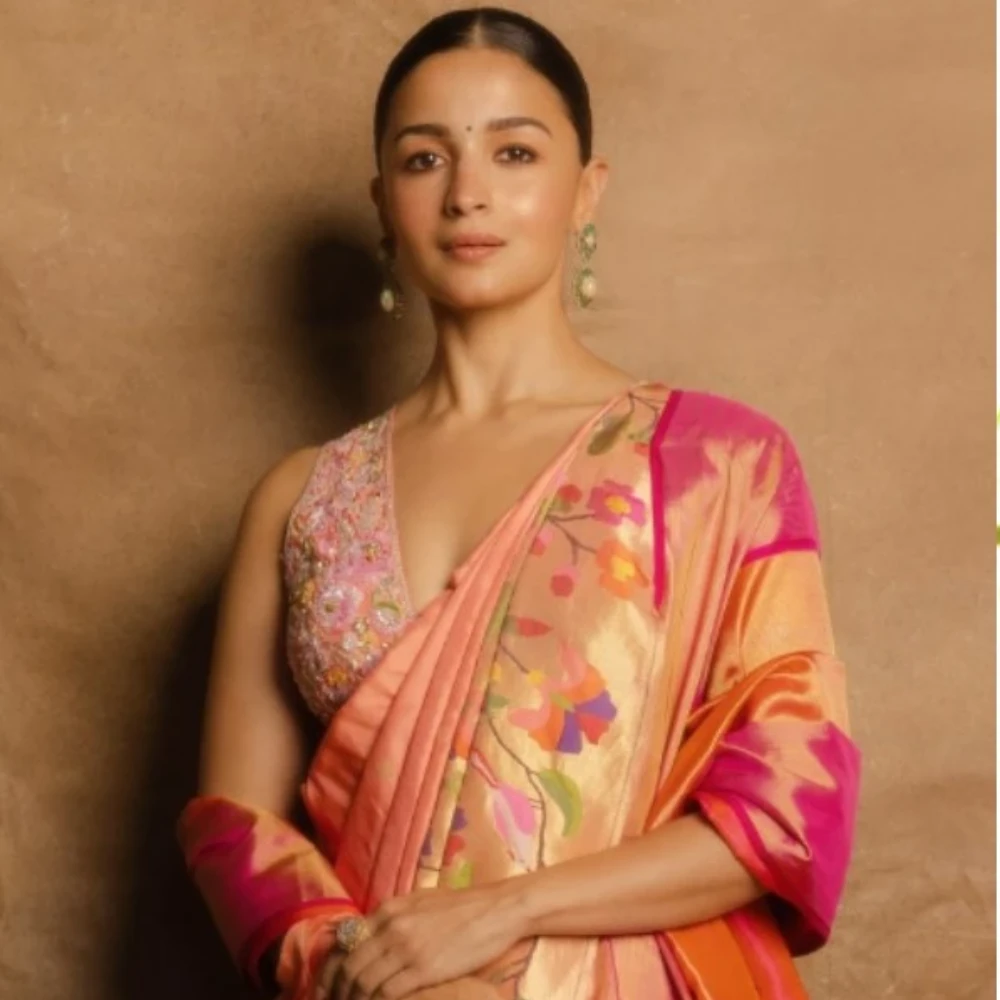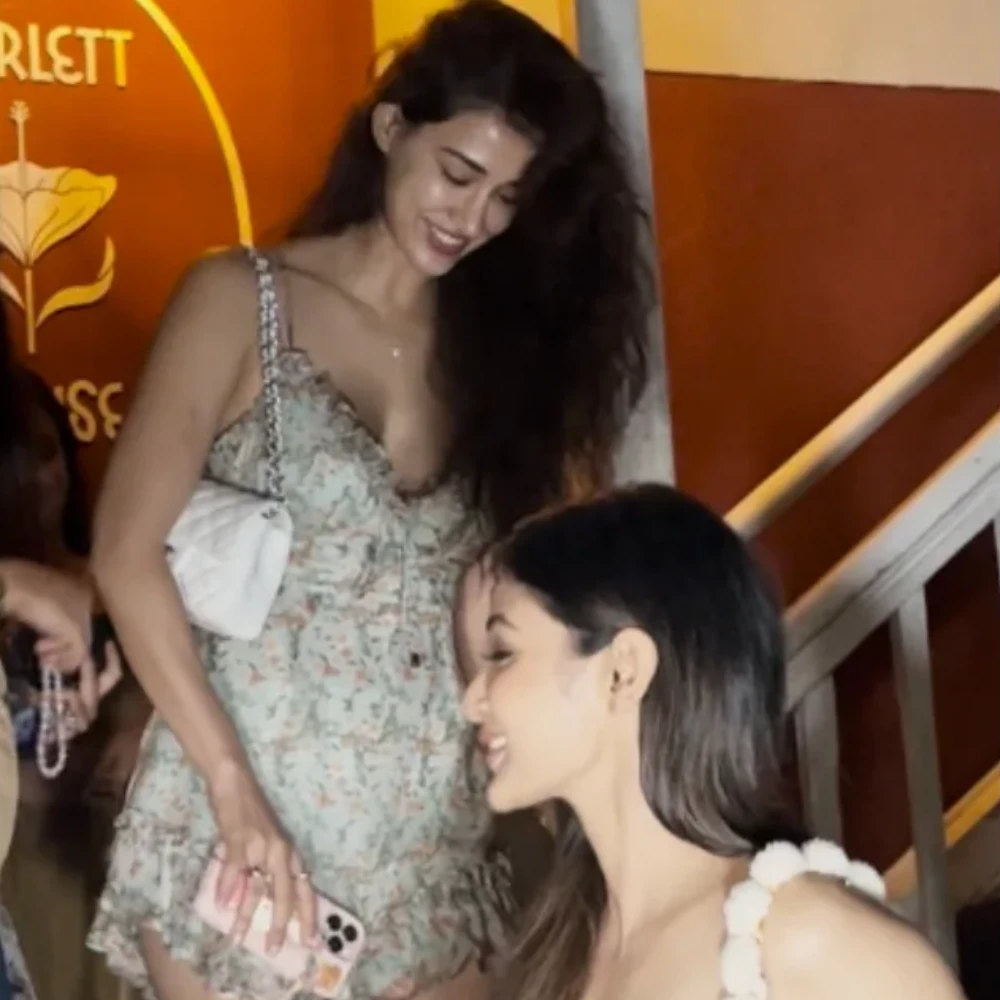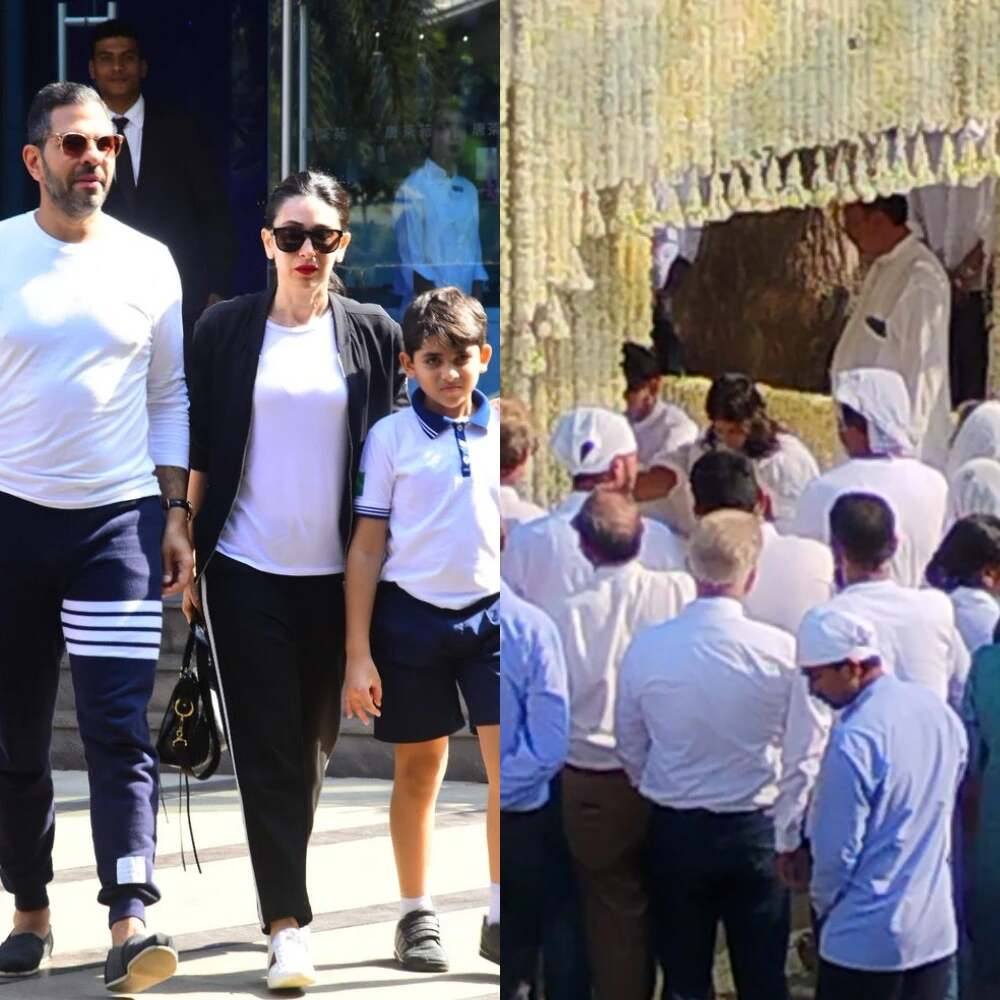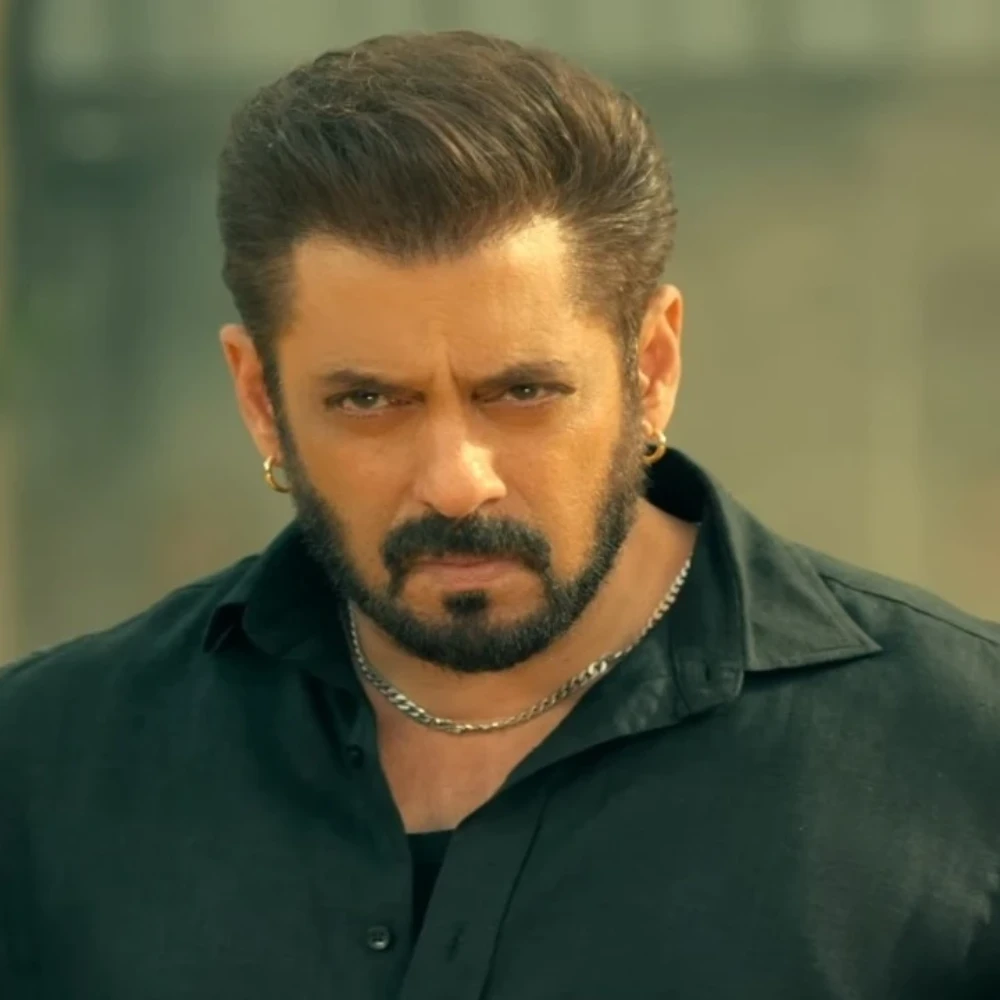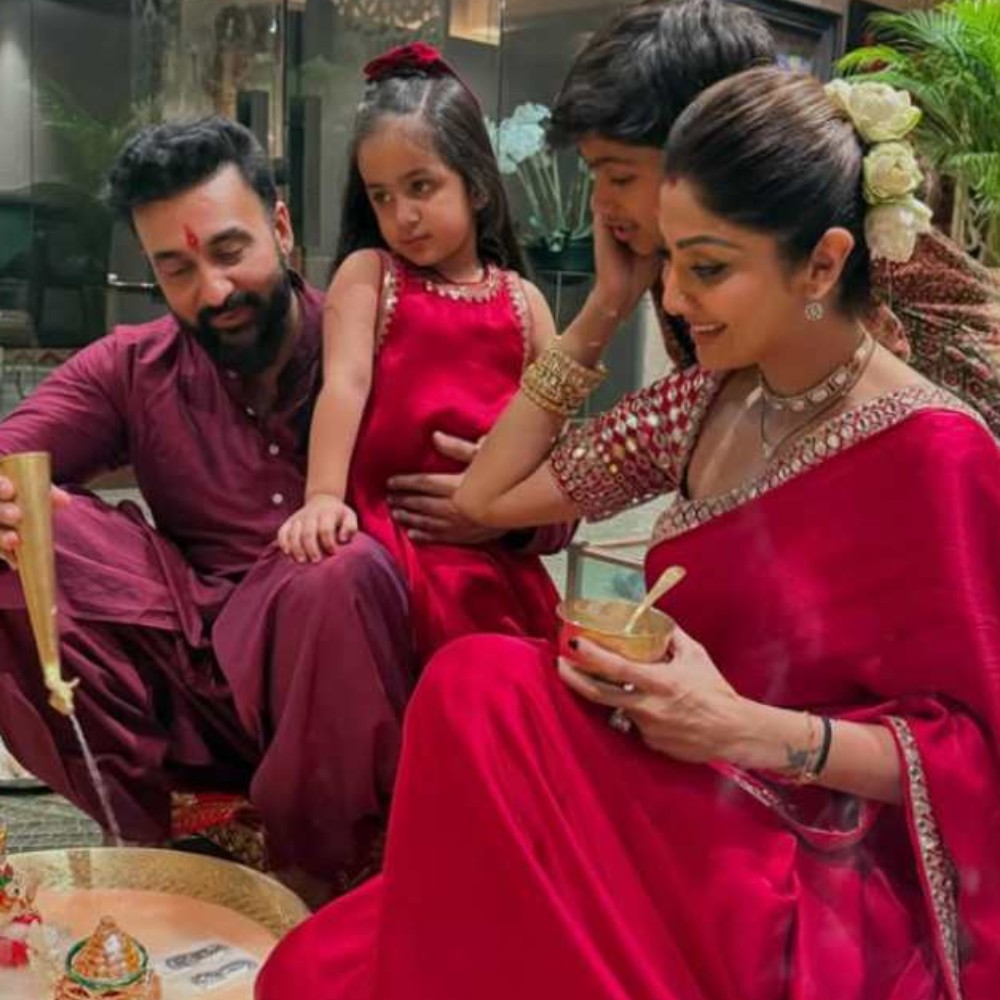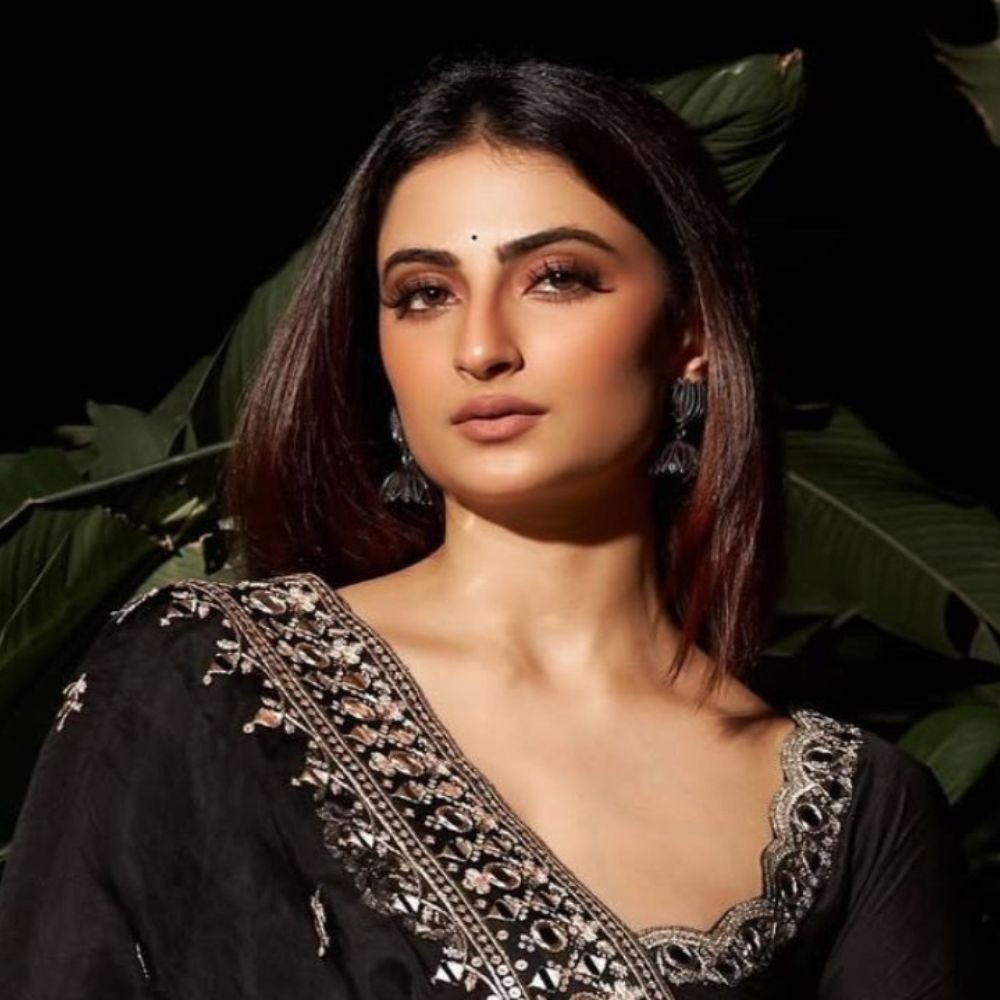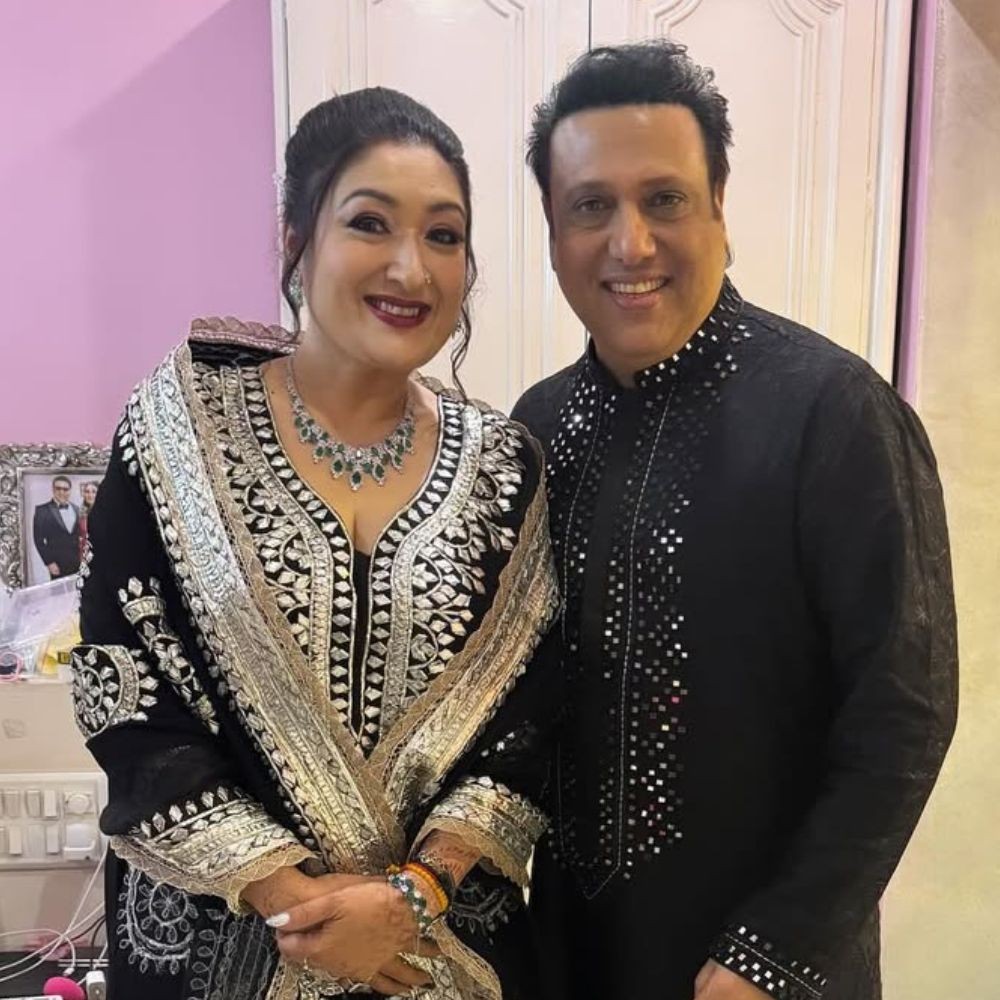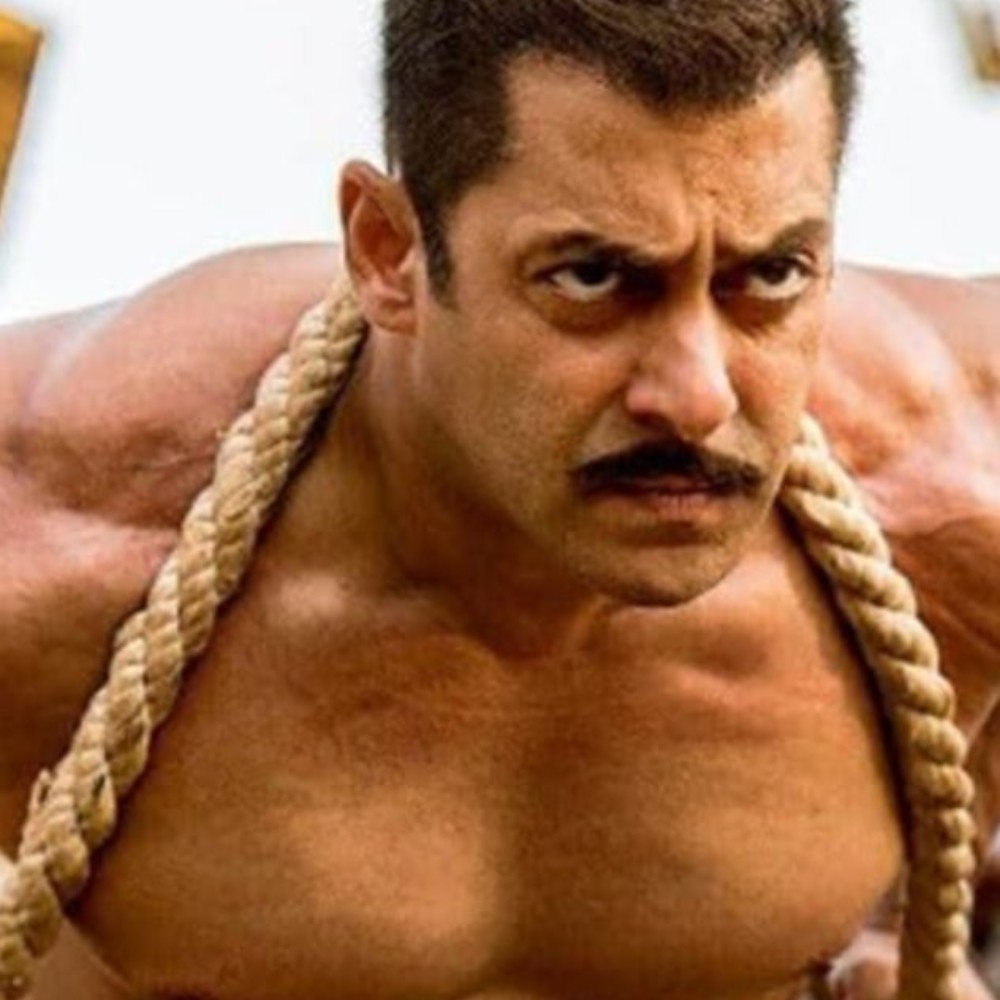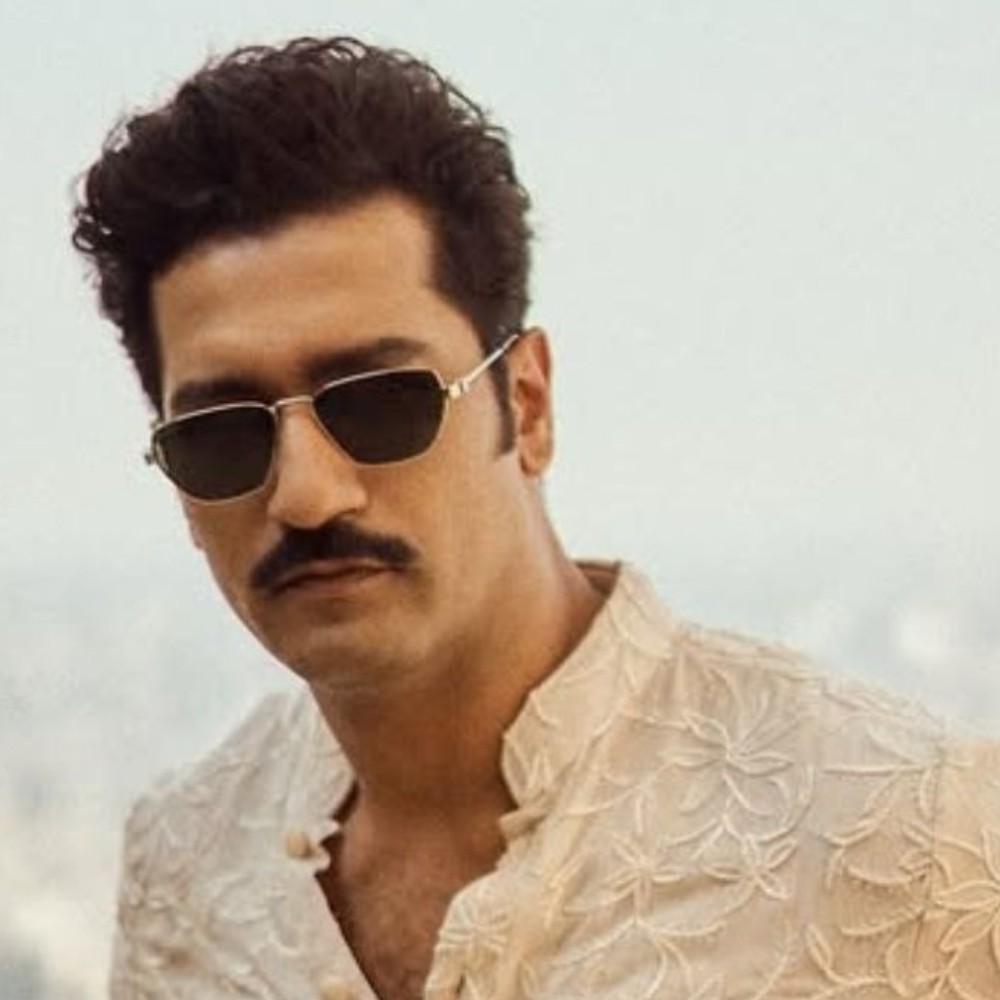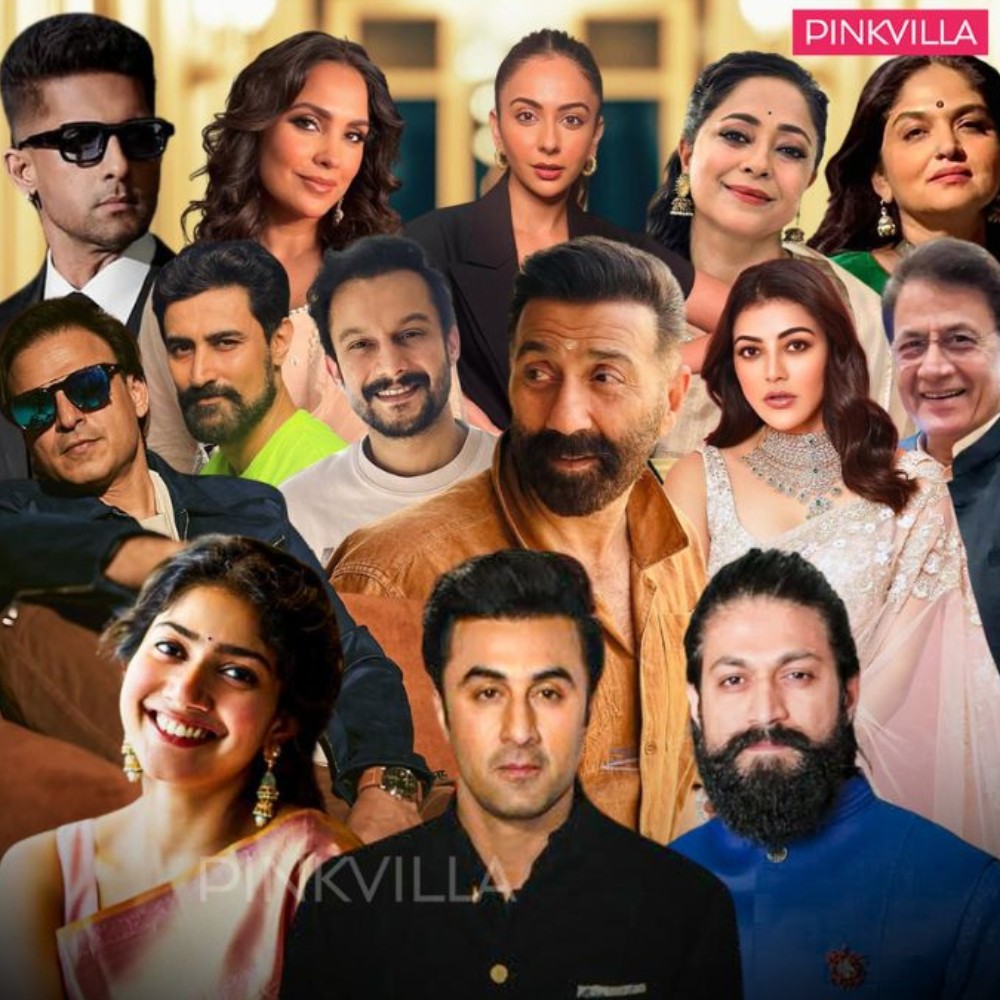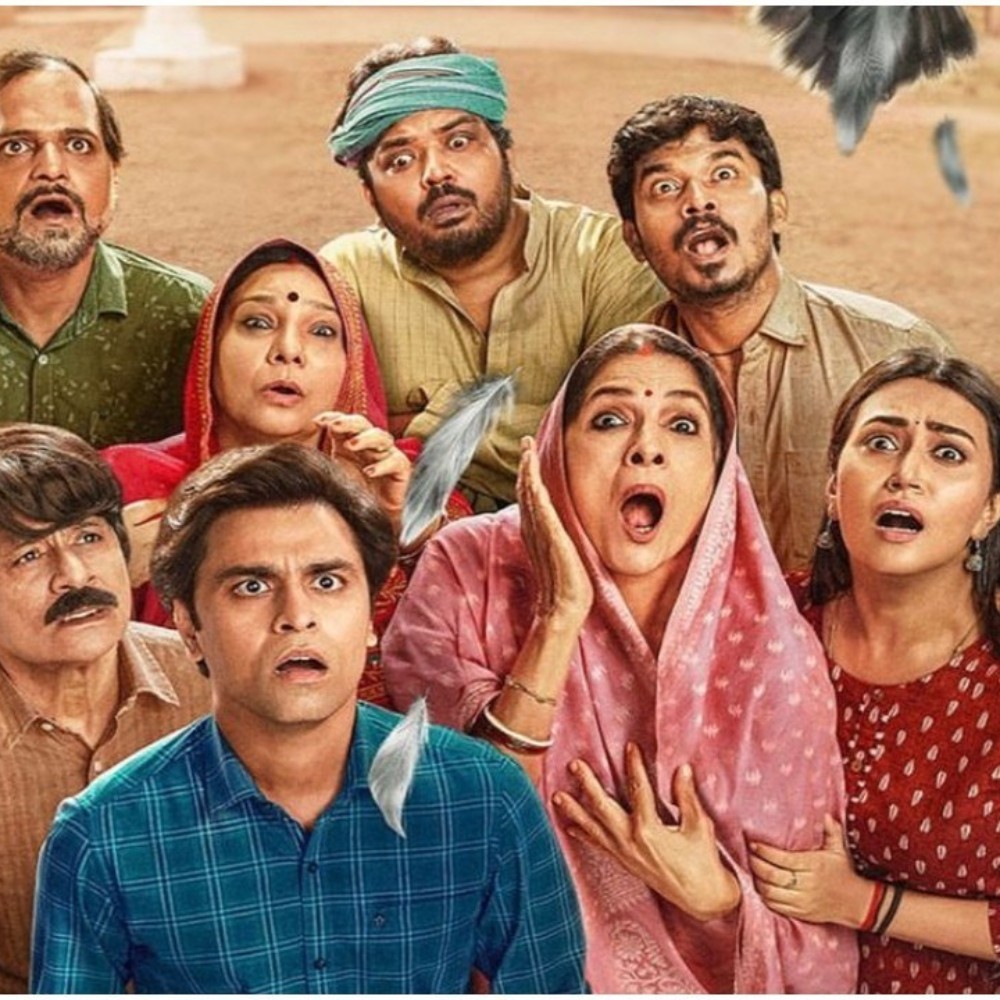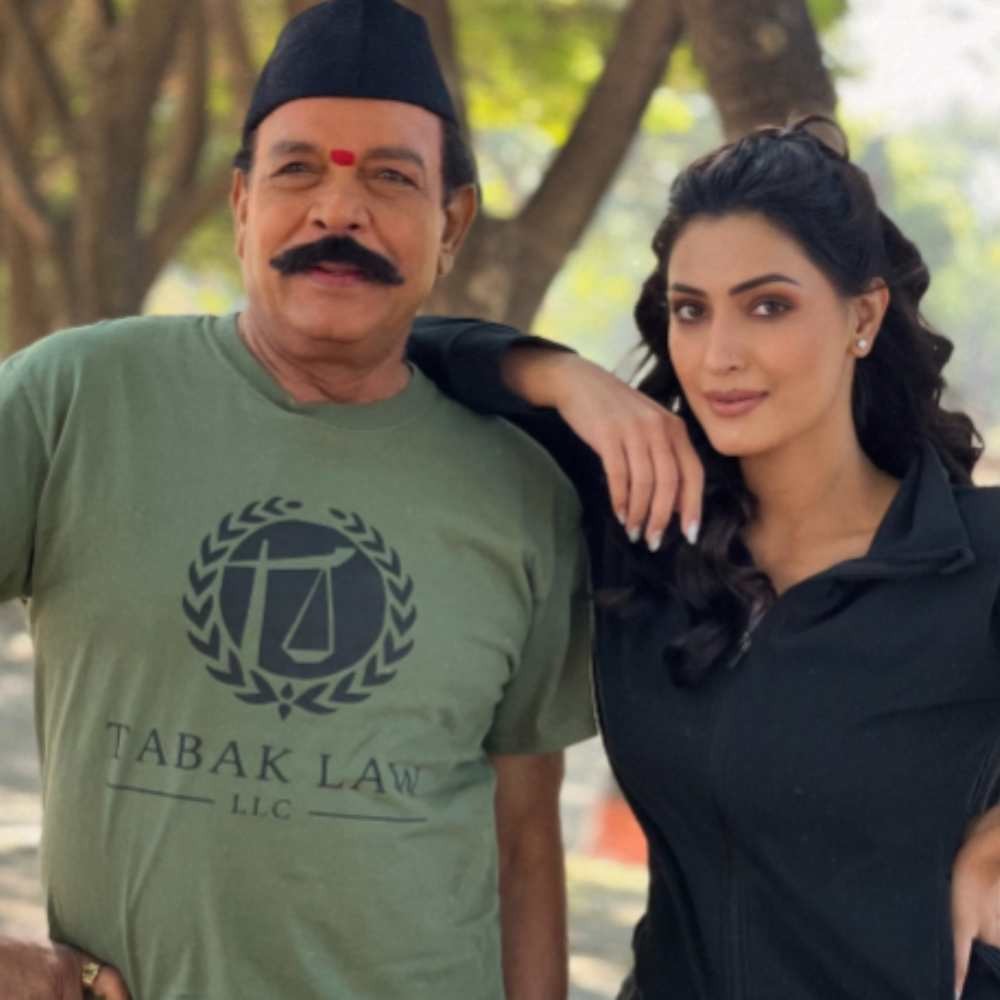7 famous Mohabbatein dialogues that redefined love and tradition on screen
Dive into the top seven unforgettable Mohabbatein dialogues. Check out how these lines weave love, life, and wisdom into the heart of the film!
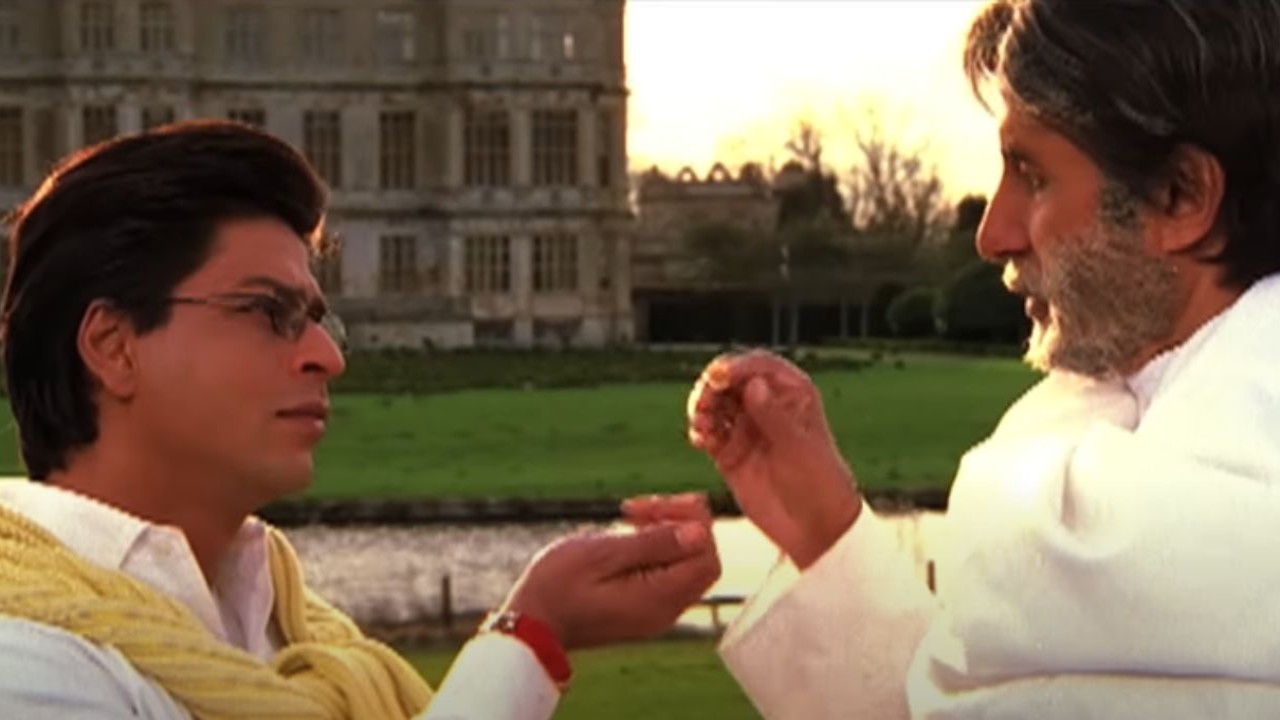
The Mohabbatein dialogues are among the film's most memorable elements, resonating deeply with audiences even years after its release. Directed by Aditya Chopra, the film weaves a poignant narrative centered around love, loss, and redemption, and the dialogues play a crucial role in conveying these themes.
Crafted with emotional depth and poetic elegance, the dialogues reflect the complexities of love—its joys, its challenges, and its enduring nature. Characters express their emotions in a way that feels timeless, making the words spoken not just a part of the script but a reflection of universal truths about love and life. Whether it's Raj Aryan's unwavering devotion to Megha or the younger characters' explorations of romance, the dialogues in Mohabbatein encapsulate the essence of love's many forms, leaving a lasting impact on the audience.
7 famous Mohabbatein dialogues that define love and legacy
1. "Mohabbat mein shartein nahi hoti toh afsoos bhi nahi hona chahiye"
Here, Raj tells a student that love comes without conditions or guarantees. If you truly love someone, there should be no regrets, even if things don’t go as planned.
2. "Mere pass Megha ki koi tasveer nai, mujhe jarurat hi nai padi. Kyunki jaha par bhi mohabbat hoti hai mujhe wahan Megha dikhti hai"
Shah Rukh Khan's character, Raj Aryan, delivers this dialogue which encapsulates the enduring nature of his love for Megha, played by Aishwarya Rai Bachchan. Raj Aryan's love is so profound and all-encompassing that he doesn't need a photograph to remember Megha; her presence is felt in every moment of love he witnesses around him.
3. "Mohabbat bhi zindagi ki tarah hoti hai. Har mod aasaan nahi hota, har mod par khushi nahi hoti. Par jab hum zindagi ka saath nahi chhodte, toh mohabbat ka saath kyun chhodein?"
Aishwarya Rai Bachchan's character, Megha, delivers these poignant lines. This line beautifully captures the essence of enduring love despite the challenges that life throws at us.
4. "Maaf ki jiyega sir, par jahaan se main dekh raha hoon aap har gaye. Kyunki jahaan se main dekh raha hoon, mujhe ek 55 saal ka baap apni ek 19 saal ki beti ki phool chadi tasvir ke niche khada dikh raha hai"
This dialogue is one of the most intense moments in the film, where Raj confronts Narayan Shankar, played by Amitabh Bachchan, the strict principal of Gurukul. Raj challenges Narayan's belief system, pointing out that his rigid adherence to rules and tradition has cost him dearly—his daughter’s life. This scene is pivotal as it marks the beginning of Narayan Shankar’s internal struggle, which eventually leads to his transformation. Raj’s words cut deep, forcing Narayan to confront the emotional void in his life.
5. "Koi pyaar kare toh tumse kare, tum jaise ho waise kare. Koi tumko badal ke pyaar kare, toh woh pyaar nahi, woh sauda kare. Aur saheba, pyaar mein sauda nahi hota"
This dialogue emphasises that true love is unconditional and does not require one to change who they are. If someone loves you, it should be for who you truly are, not for a version of yourself that has been altered to meet their expectations.
6. "Toh kya hua, aaj wo mere saath nai? Main aaj bhi usse utni hi mohabbat karta hoon. Aur is liye nahi ki koi aur nahi mili, par is liye ki usse mohabbat karne se fursat hi nahi milti"
In this deeply emotional scene, Raj confesses his undying love for Megha, his late lover. Despite the years that have passed since her death, Raj’s love for her remains as strong as ever. He explains that he hasn’t moved on, not because he hasn’t found someone else, but because his love for her is so consuming that there’s no room for anyone else.
7. "Parampara, Pratishtha, Anushasan. Yeh is gurukul ke teen stambh hai. Yeh woh aadarsh hain jinse hum aapka aane waala kal banaate hain"
This iconic dialogue is delivered by Narayan Shankar at the beginning of the film, establishing the strict and traditional values of Gurukul. These three pillars—tradition, honor, and discipline—are the foundation of the school’s philosophy, and Narayan expects his students to adhere to them without question.
Mohabbatein left an indelible mark on Bollywood with its dialogues that reshaped perceptions of love and tradition. The impactful lines delivered by Amitabh Bachchan and Shah Rukh Khan transcended the screen, offering profound insights into relationships, guidance, and self-discovery. Their words continue to echo through time, making the film a cherished classic that challenges conventions while celebrating the essence of genuine affection.
Mohabbatein dialogues are more than just words spoken by characters; they are expressions of profound emotions and philosophies about love and life. The film's ability to capture the essence of love in its purest and most enduring form is largely due to these beautifully crafted lines. Through the poetic and heartfelt exchanges, Mohabbatein continues to inspire and resonate with audiences, reminding us that true love, with all its challenges and triumphs, remains one of the most powerful forces in life.
ALSO READ: 9 movies like Student of the Year to relive your college memories: Mohabbatein and more





 JOIN OUR WHATSAPP CHANNEL
JOIN OUR WHATSAPP CHANNEL